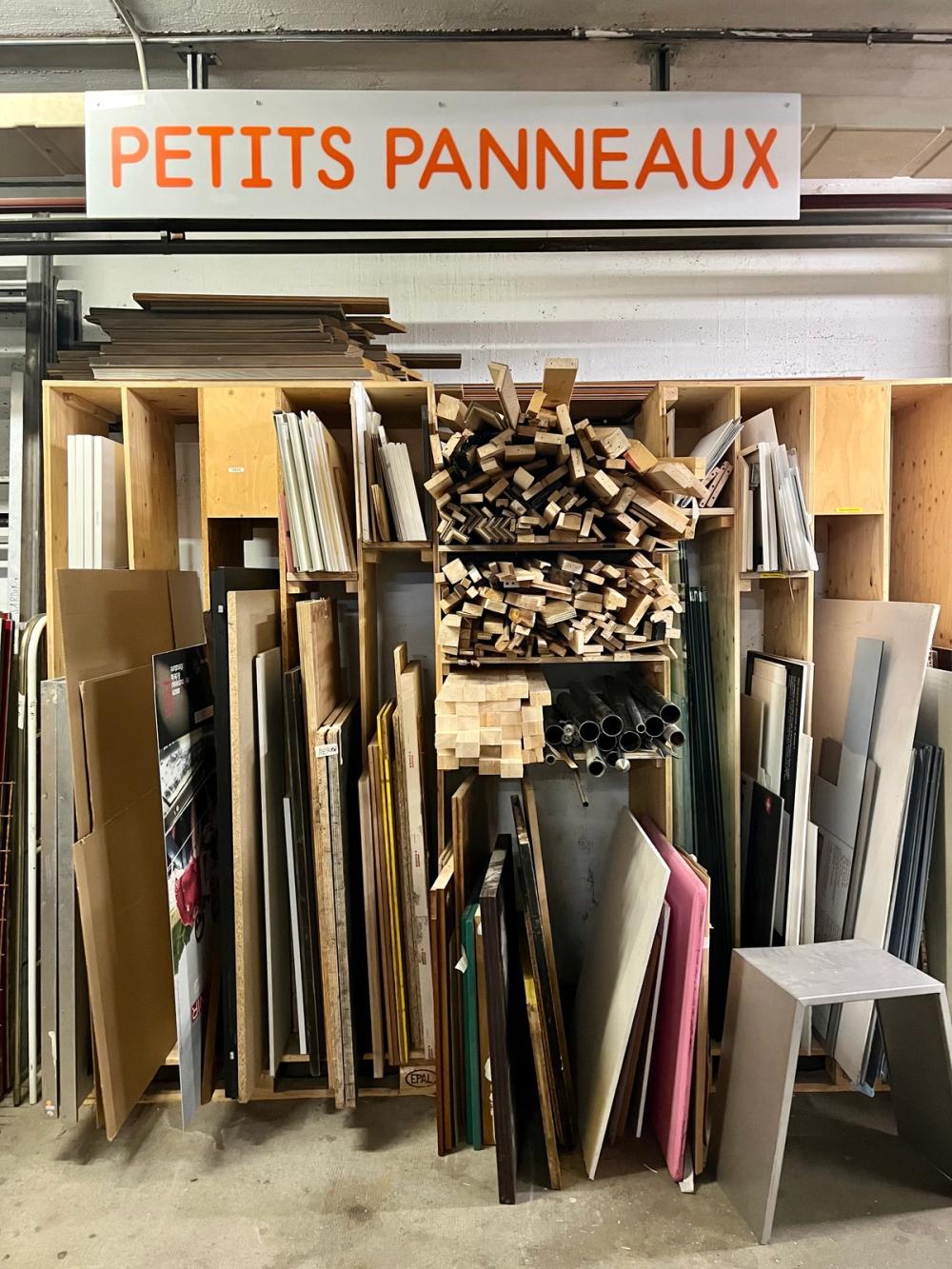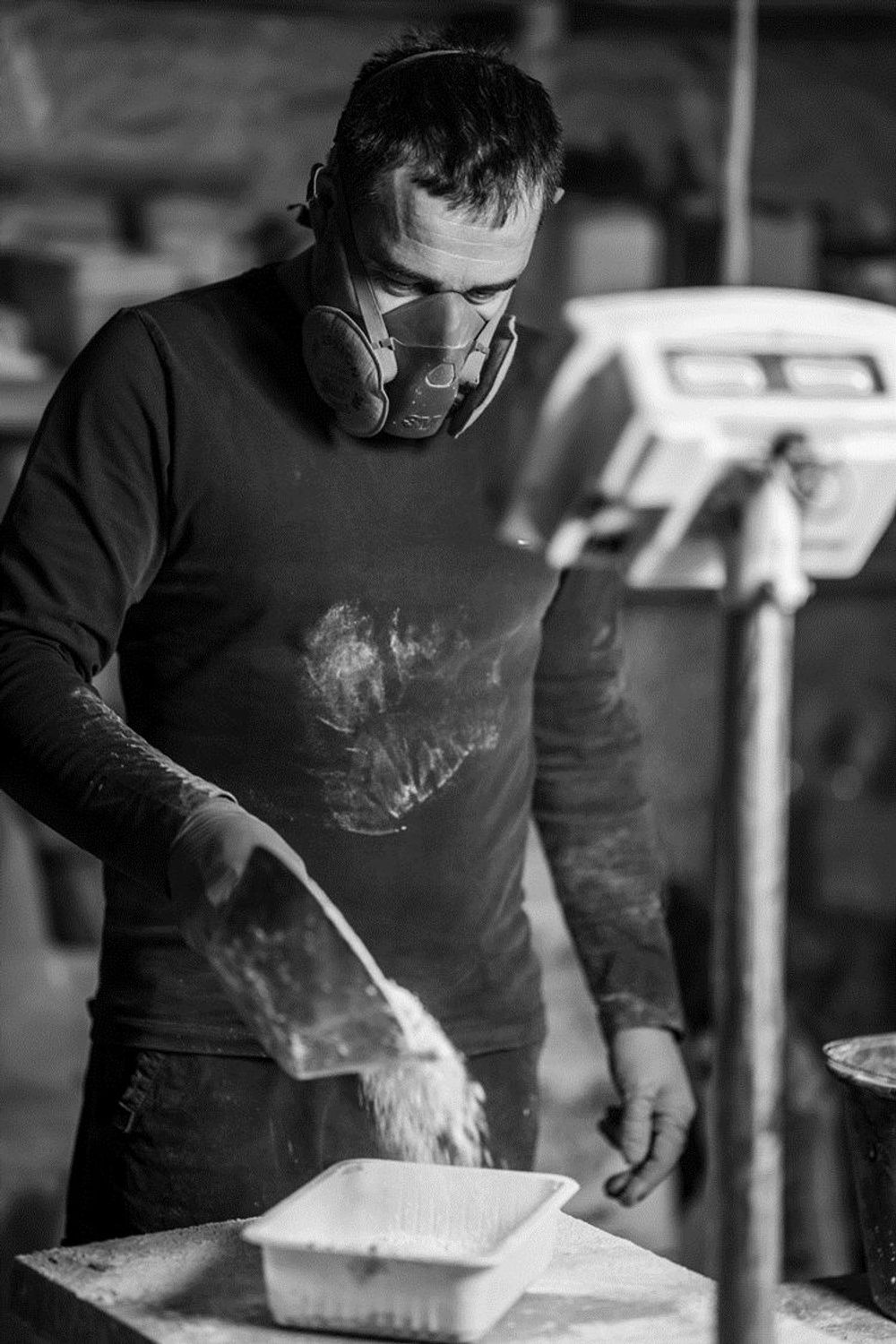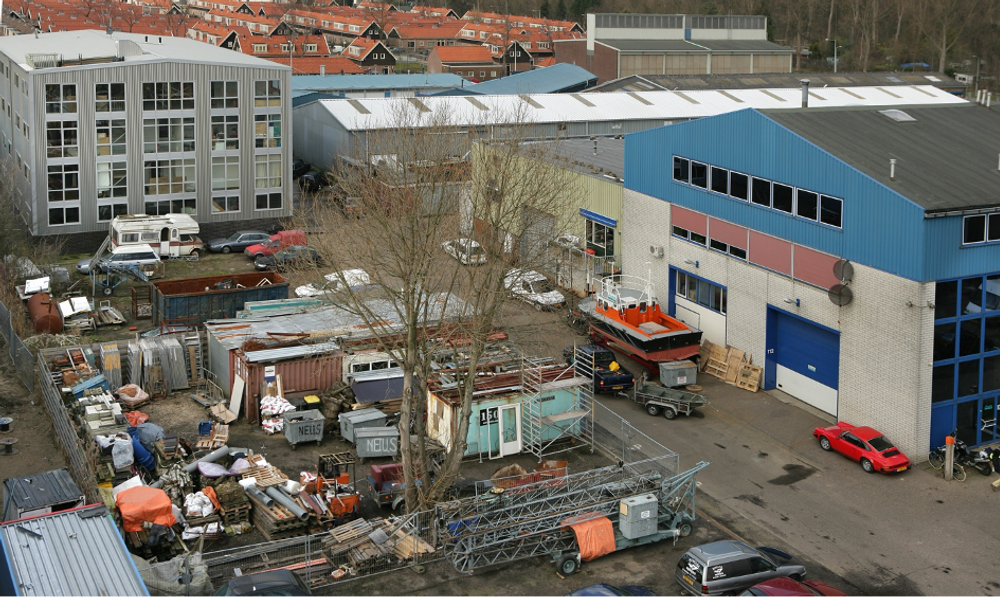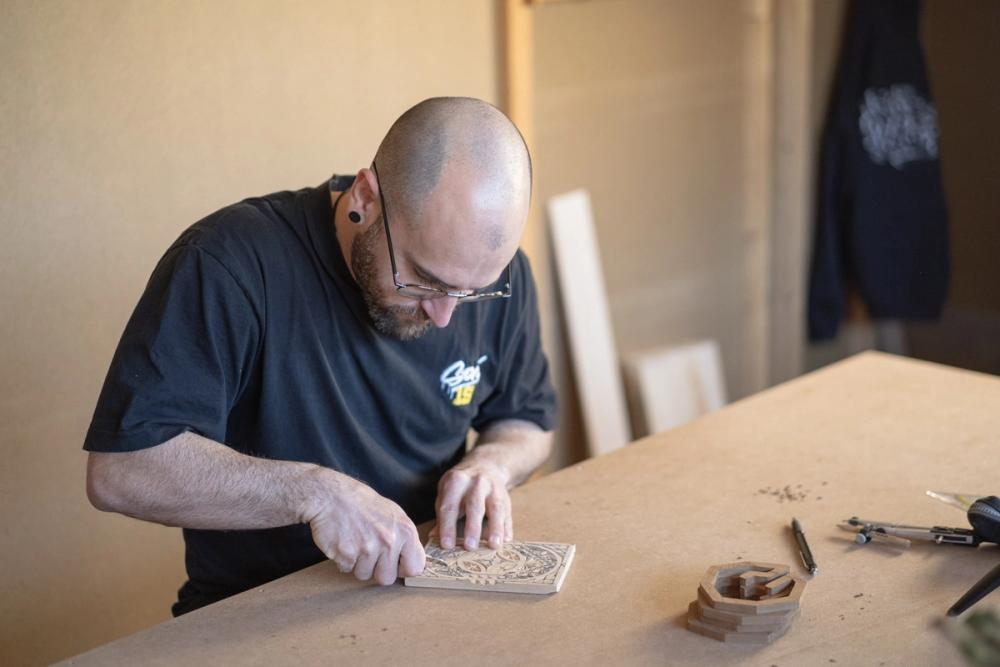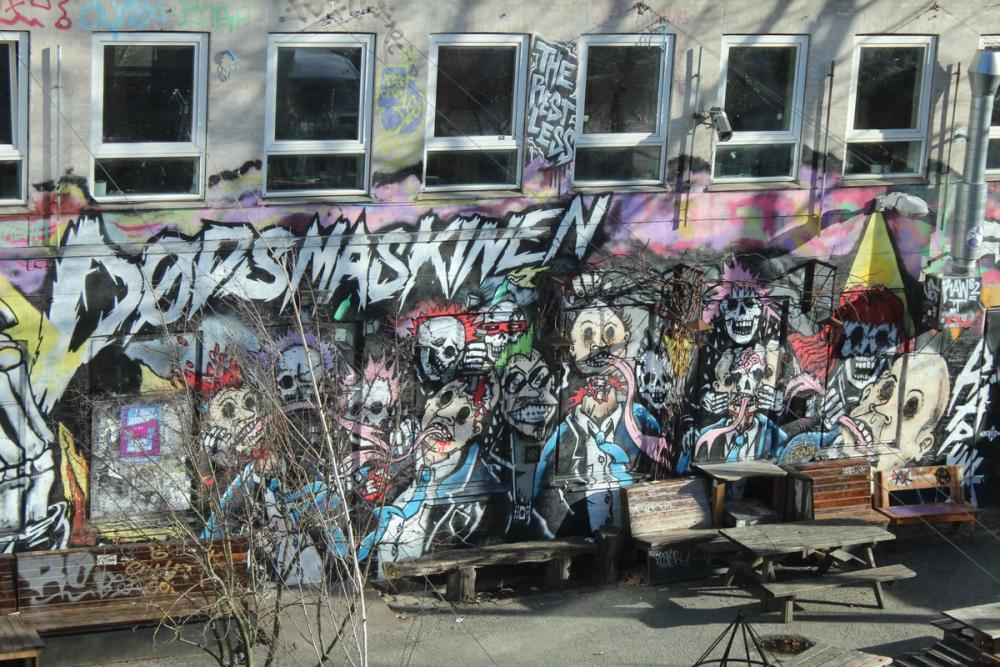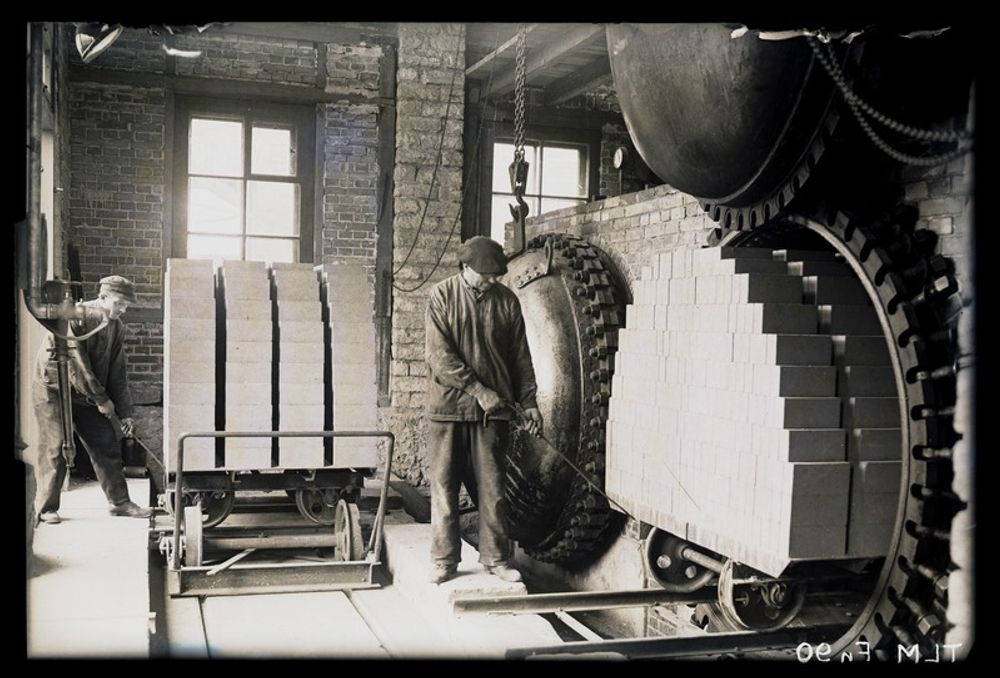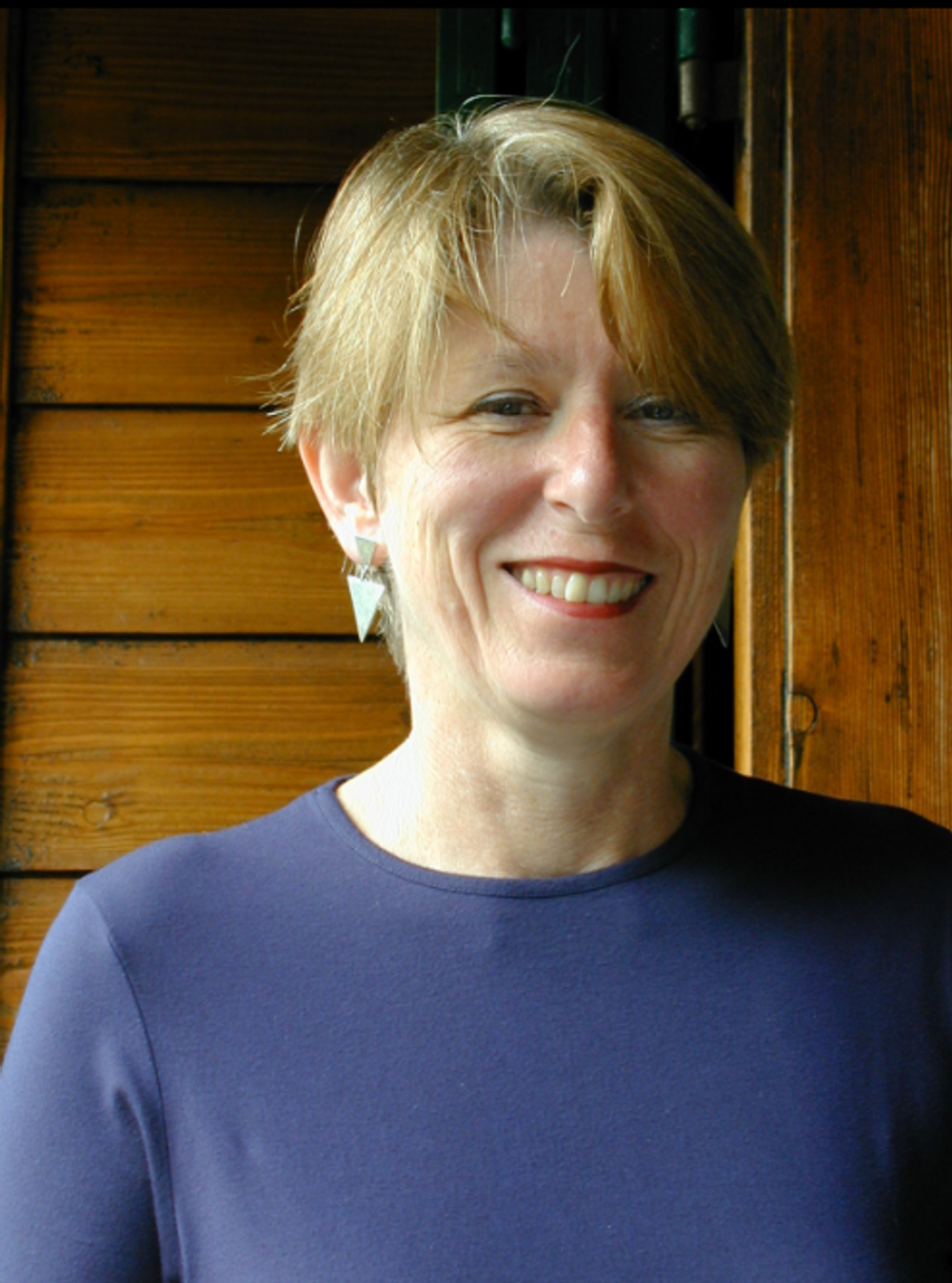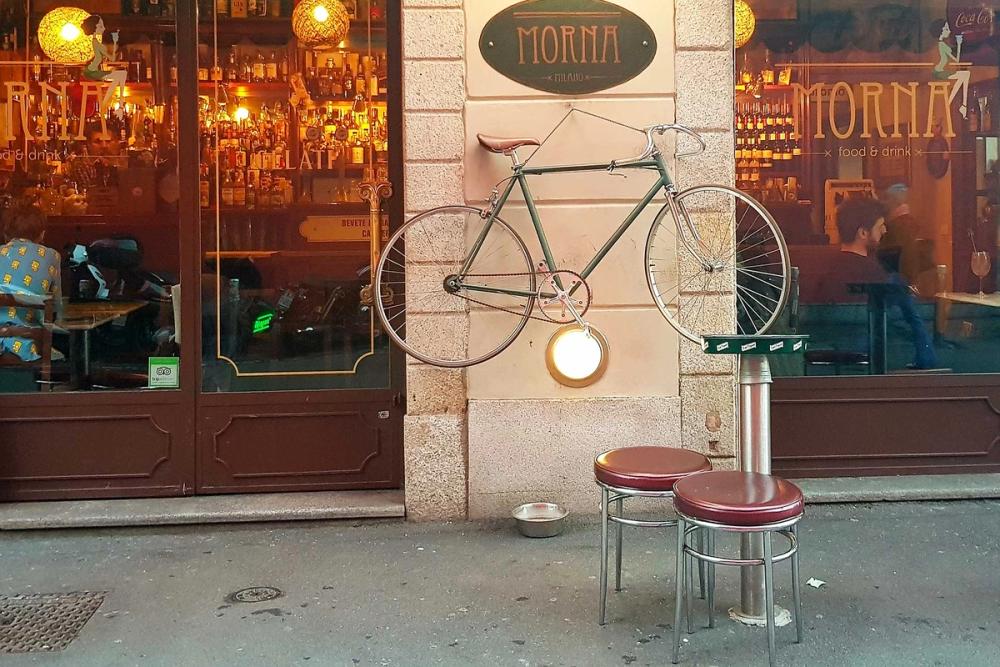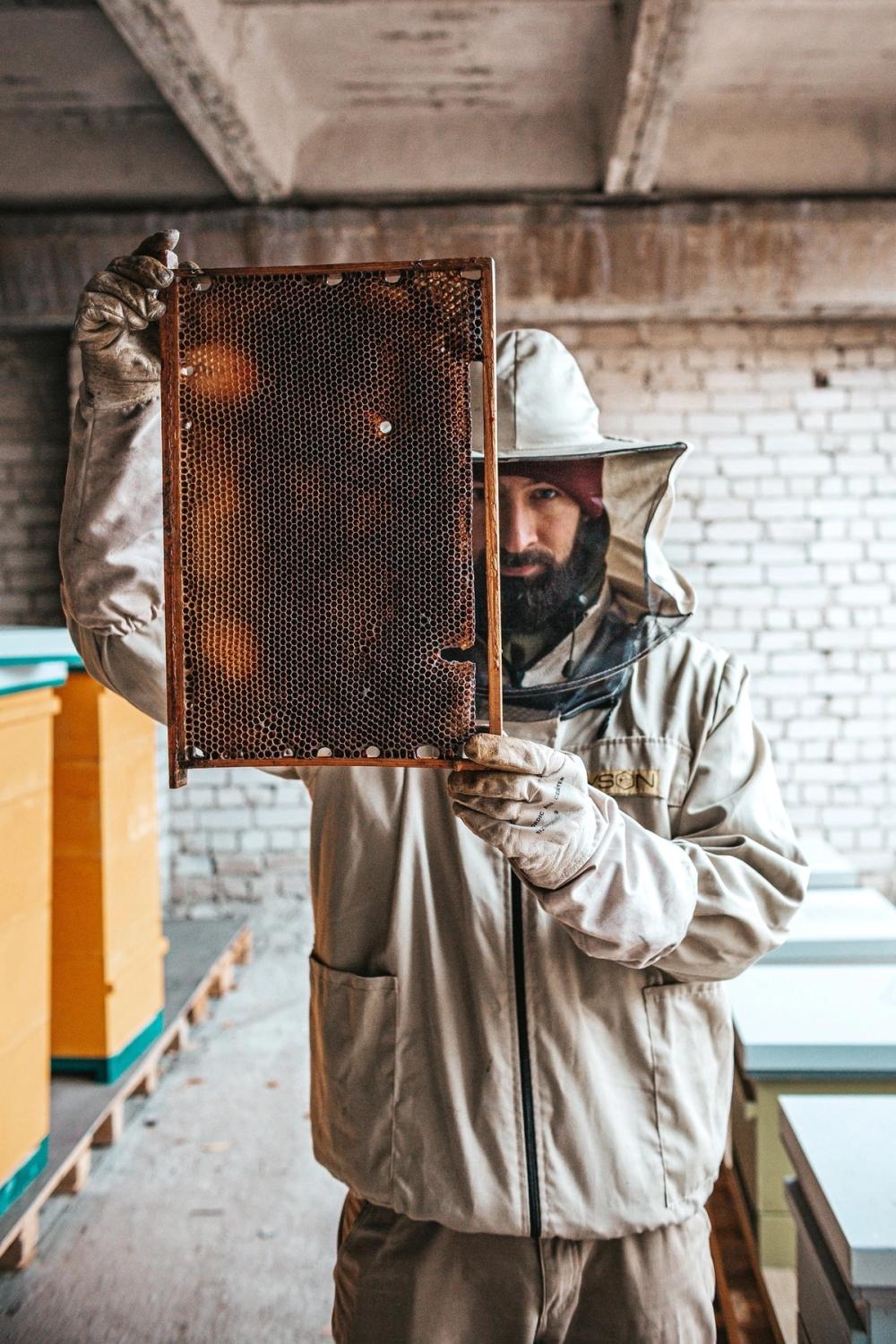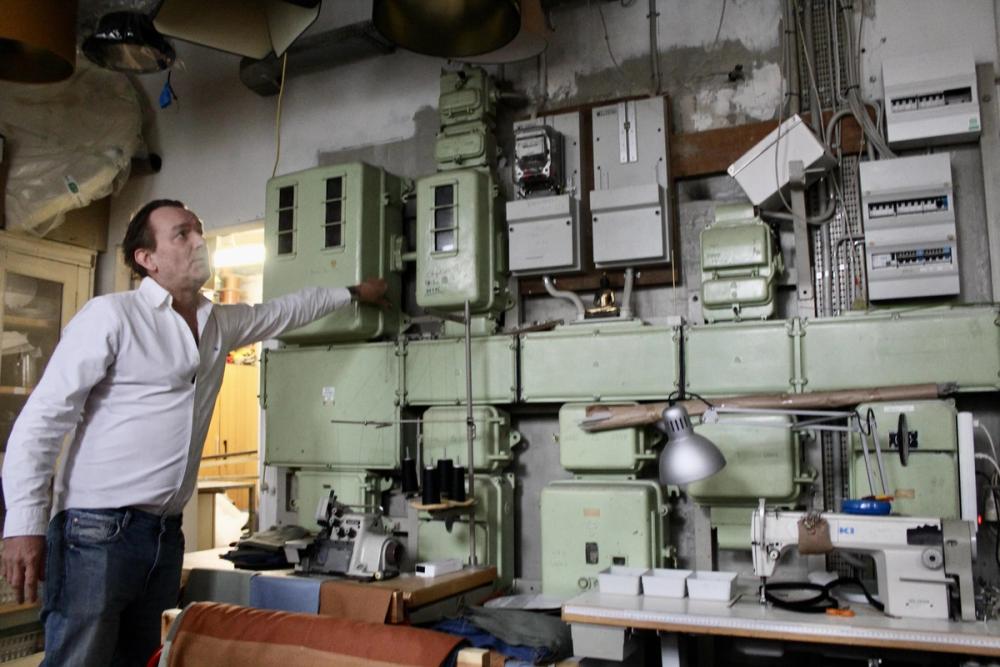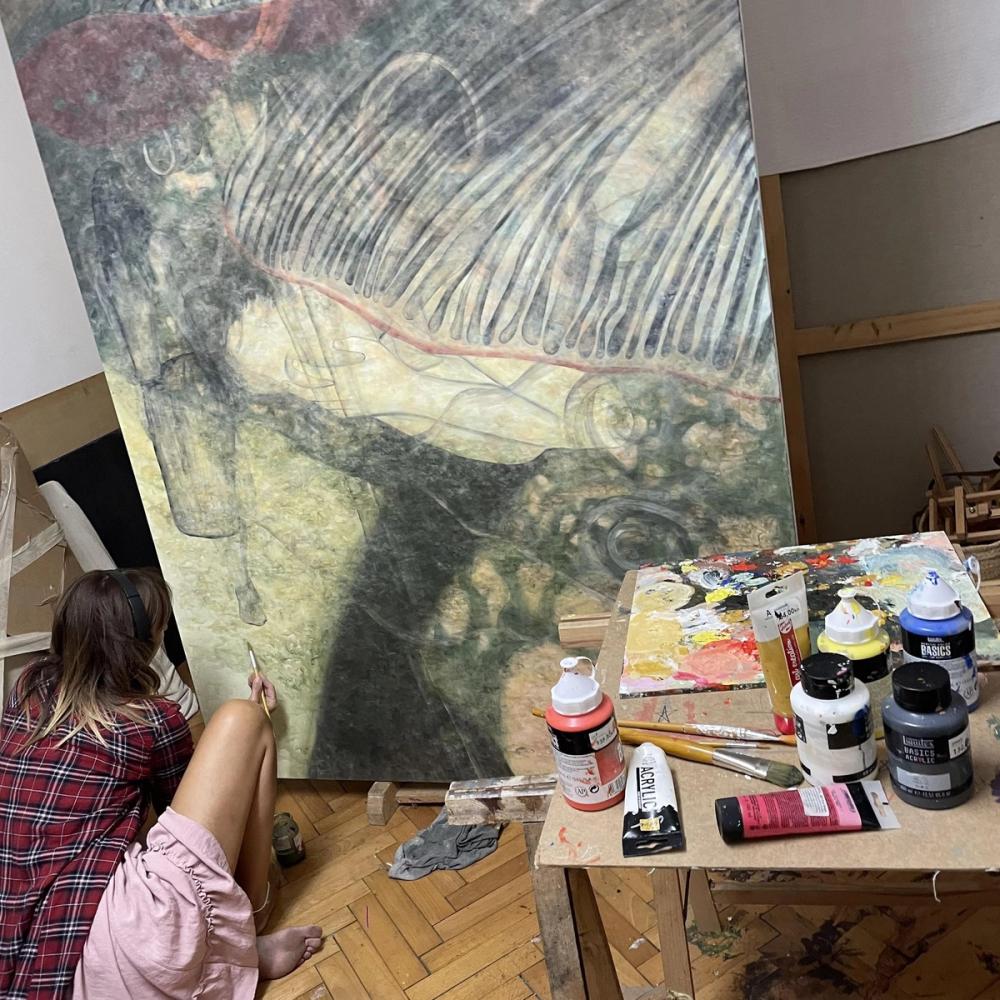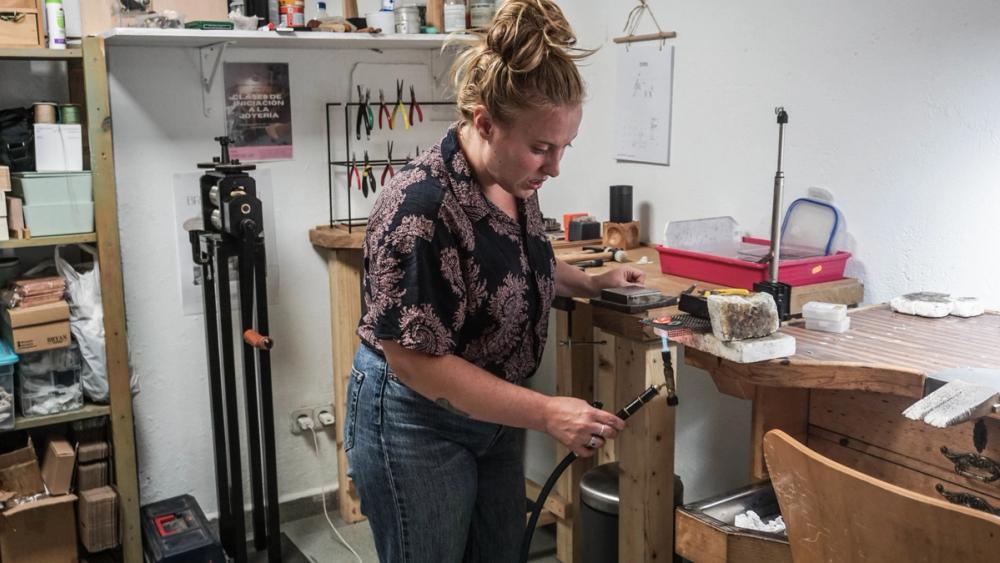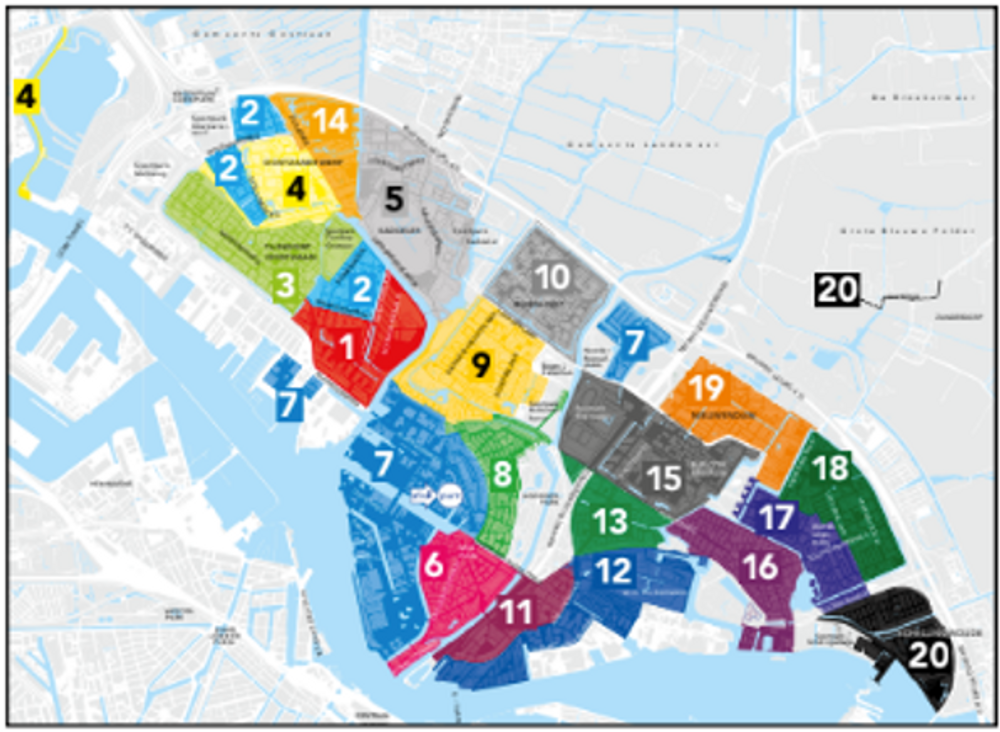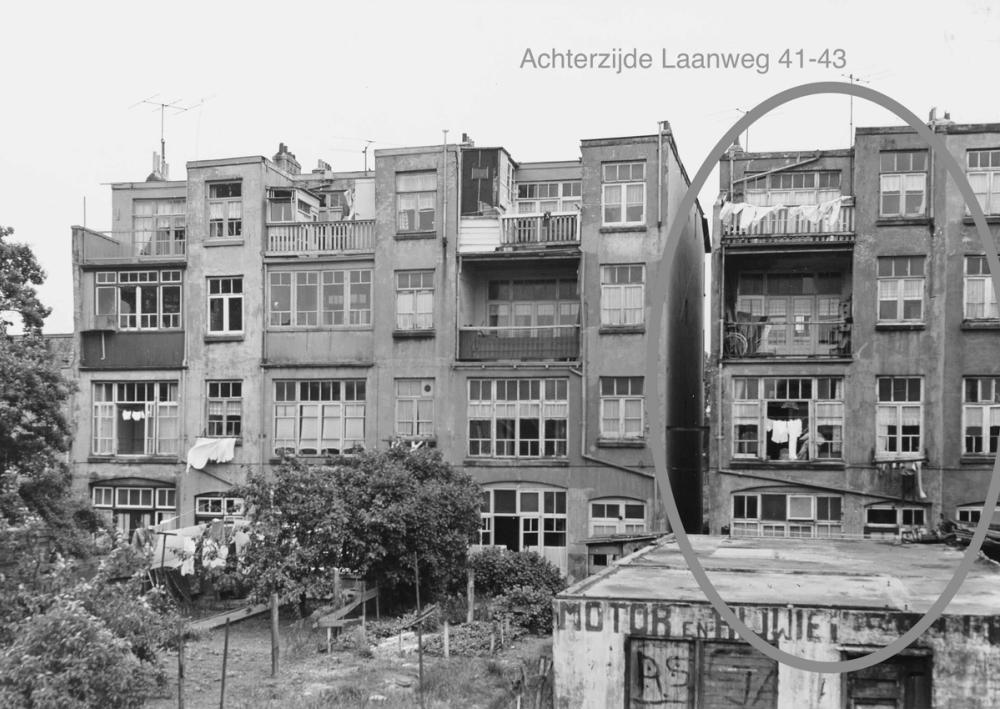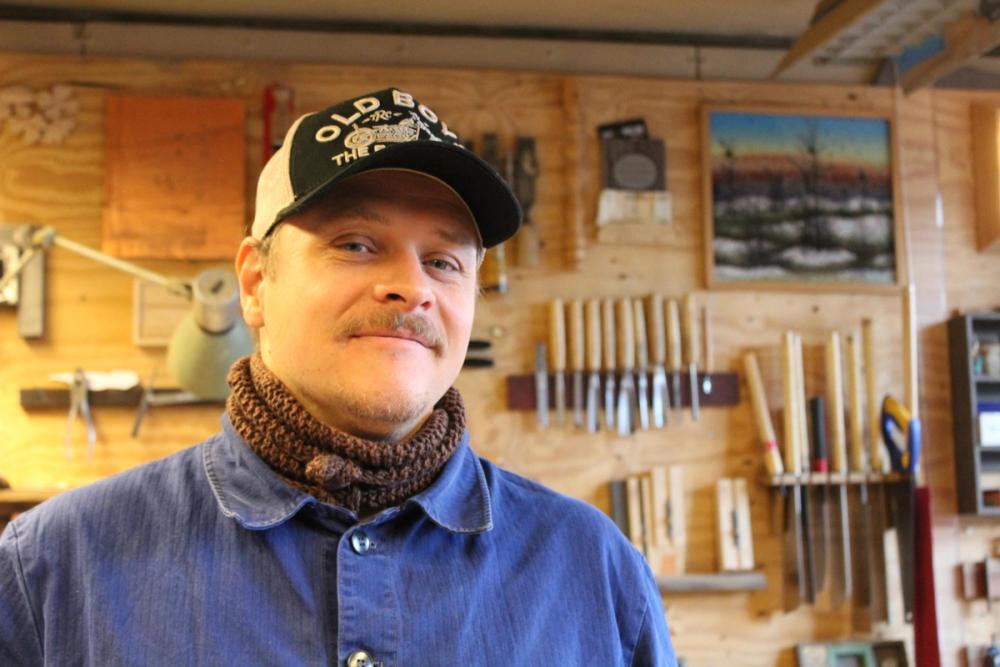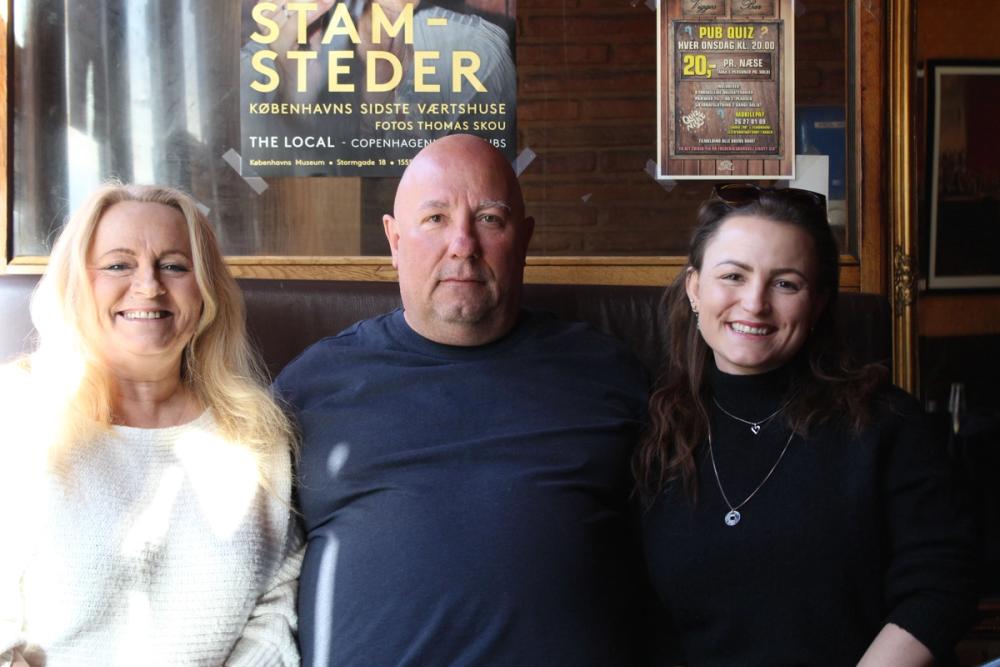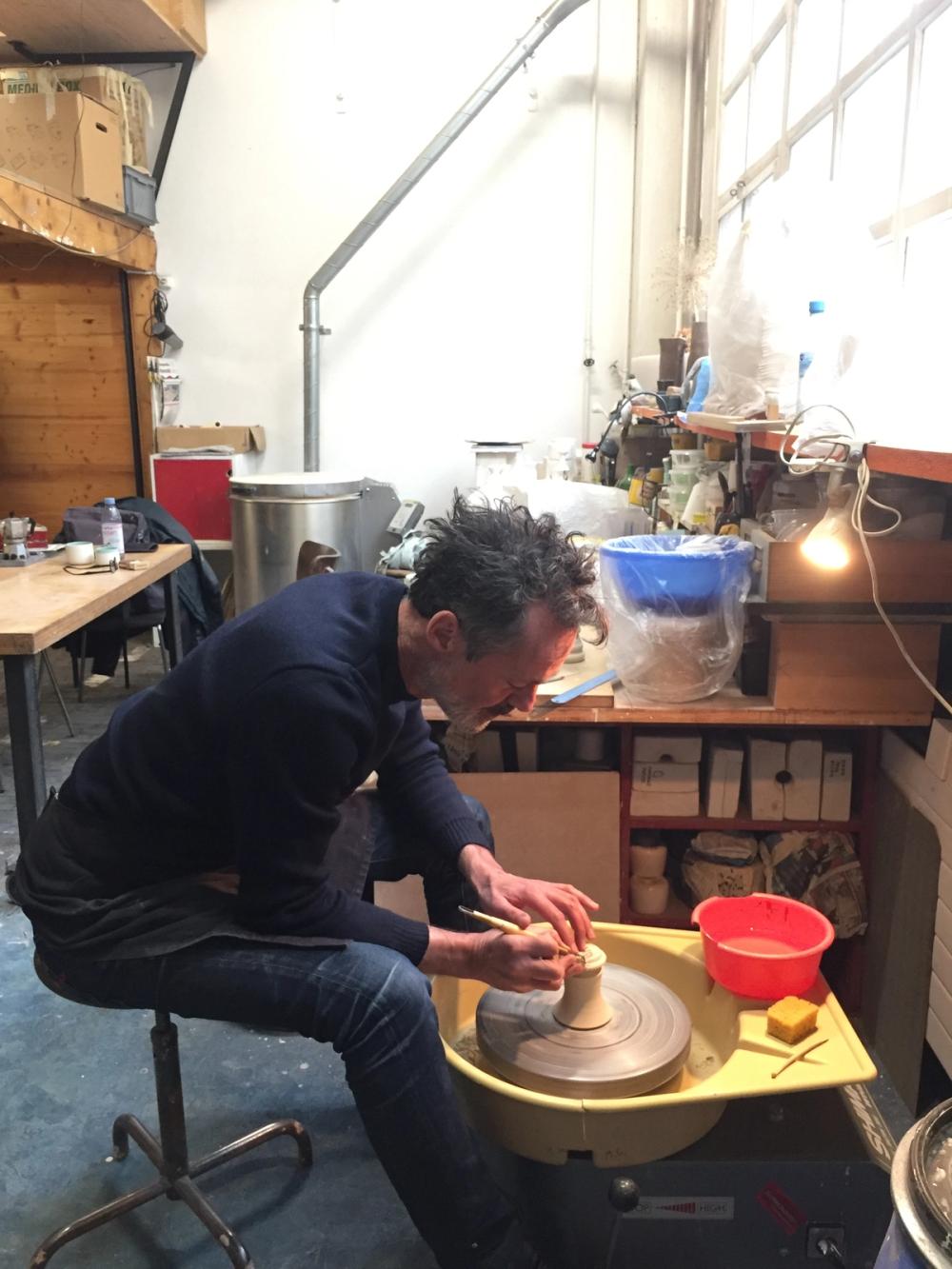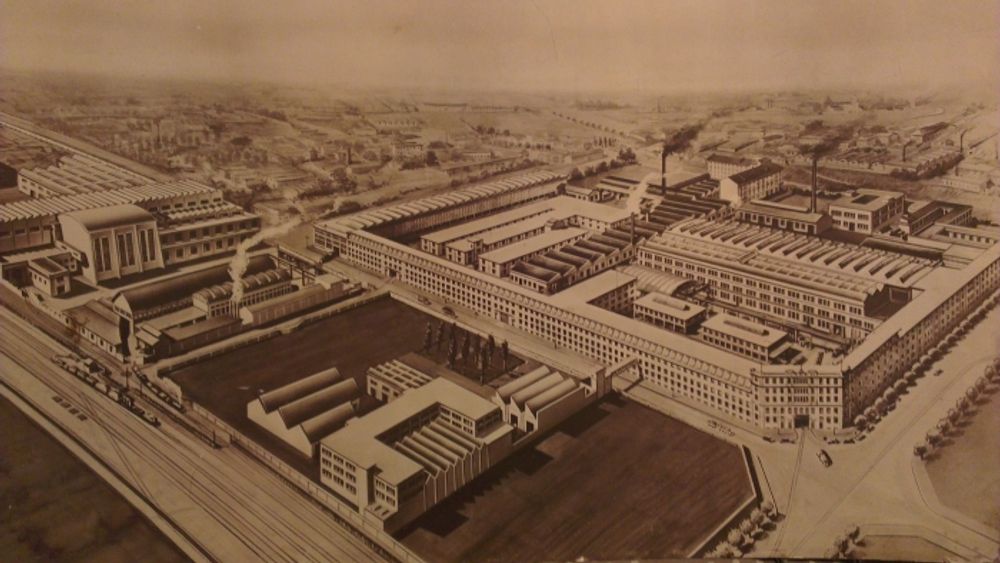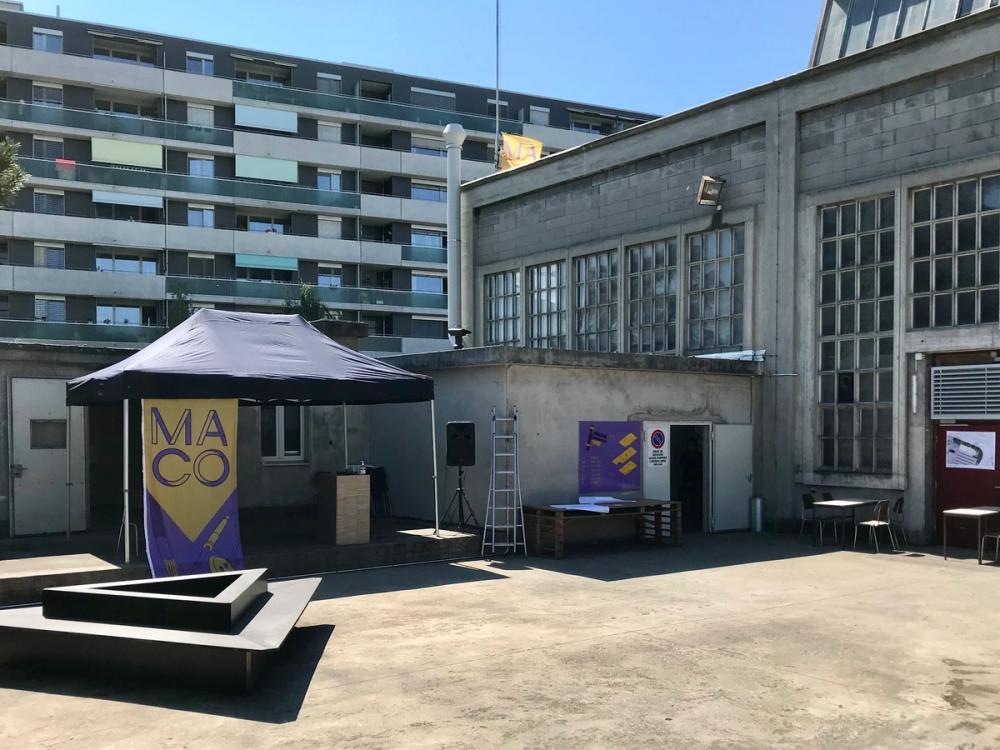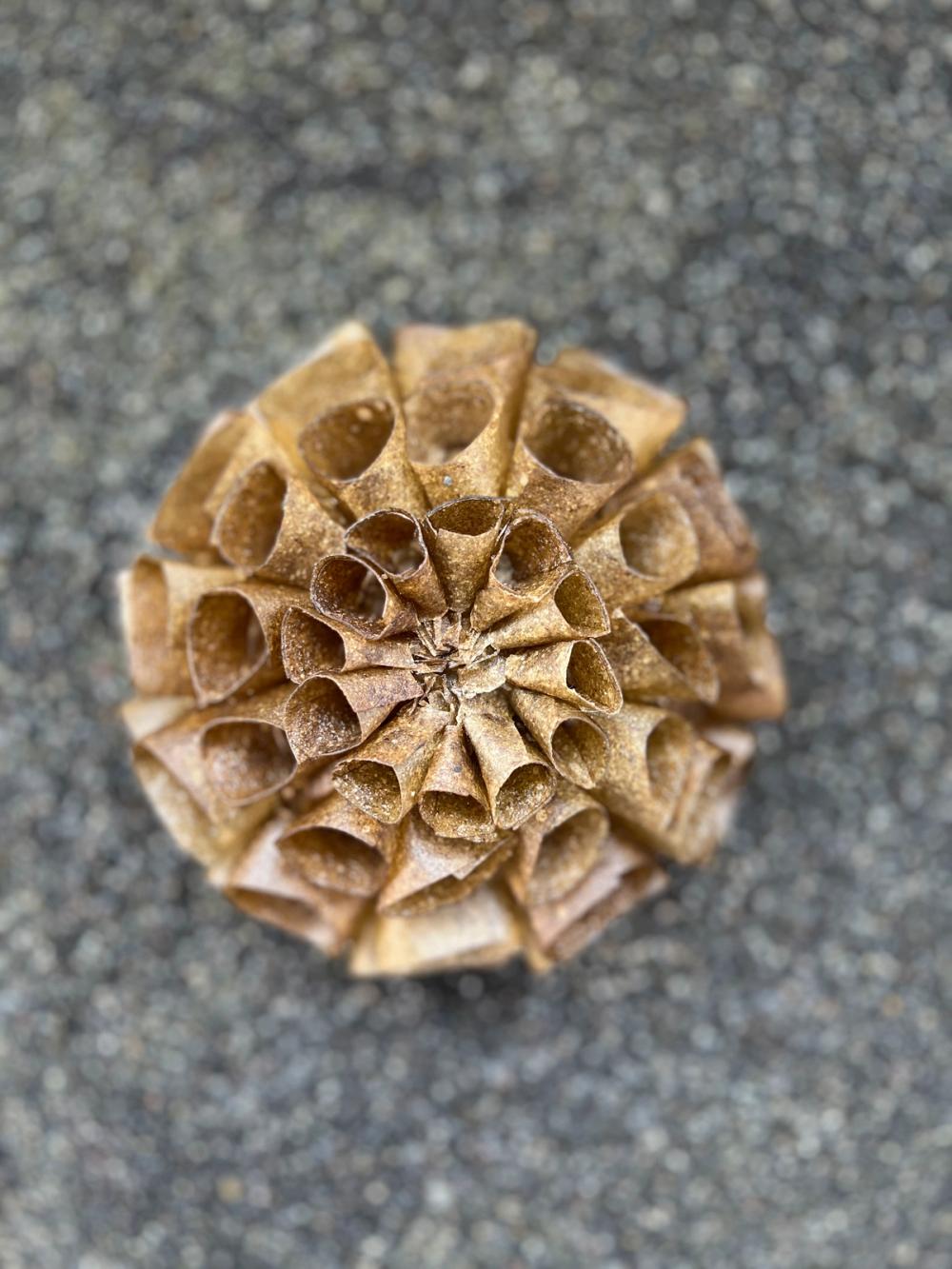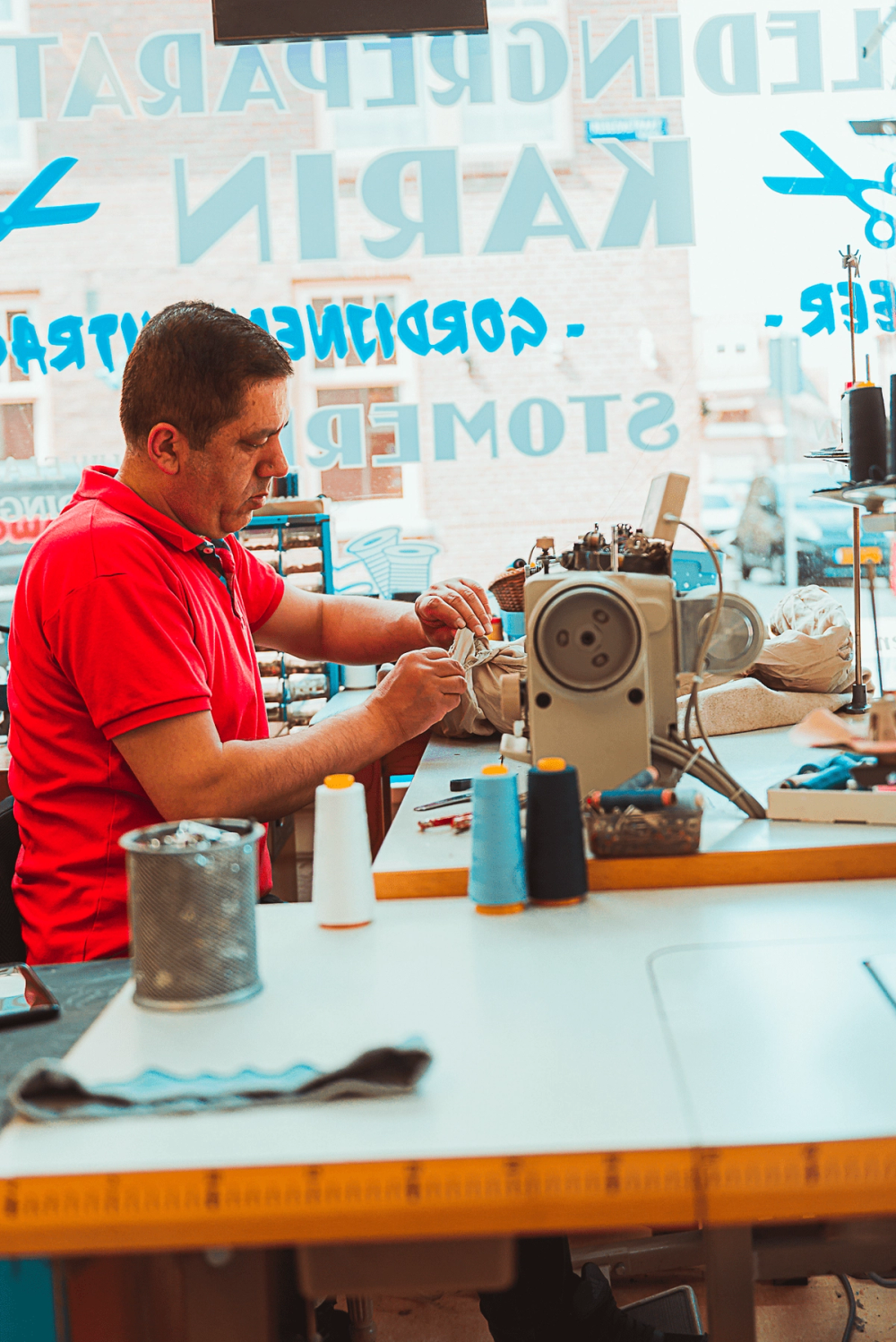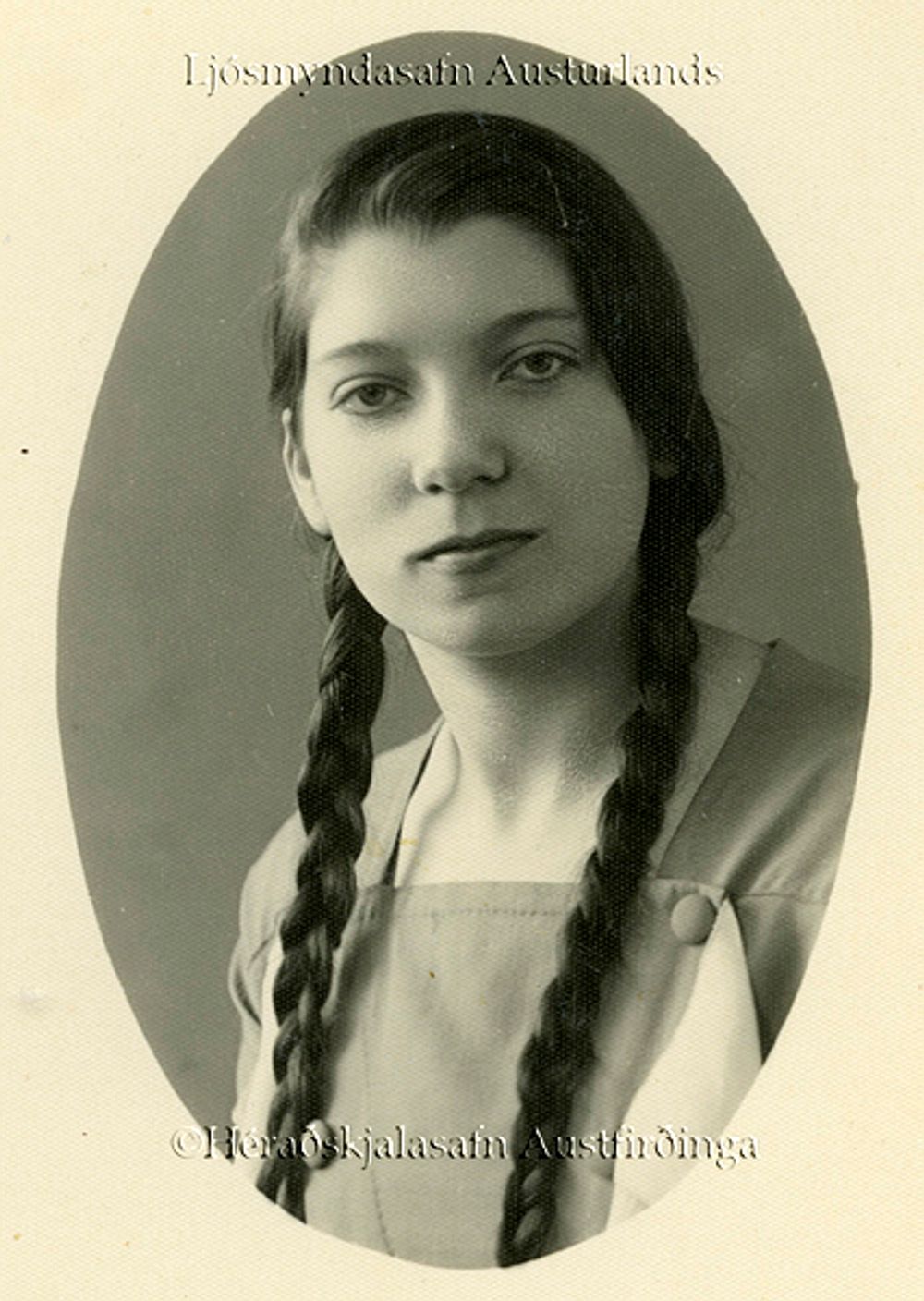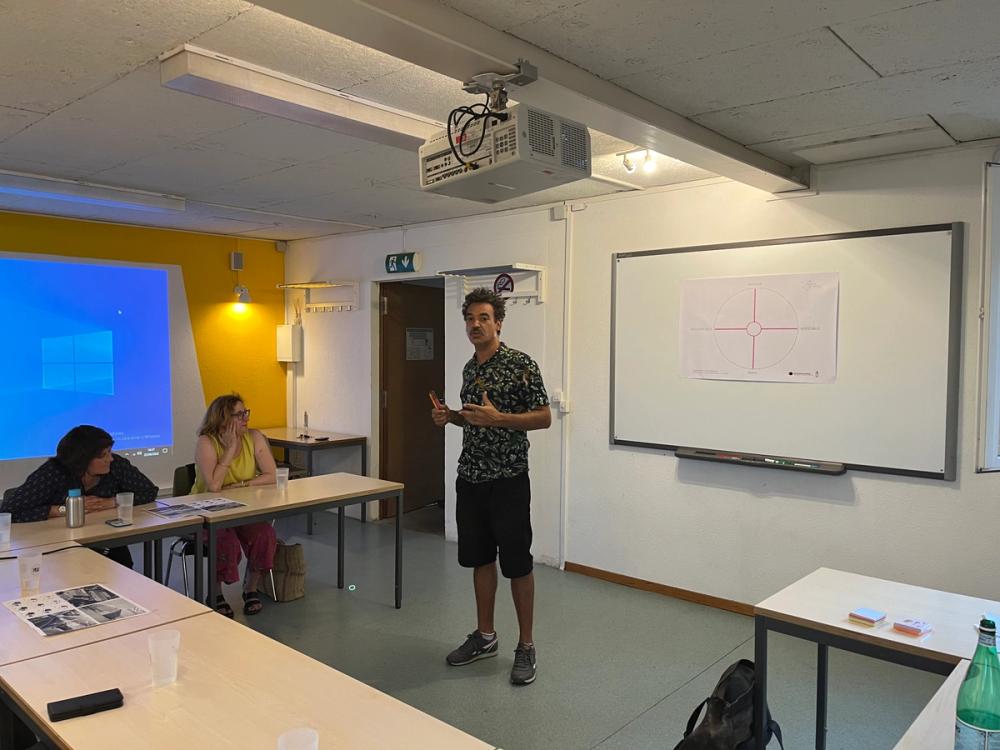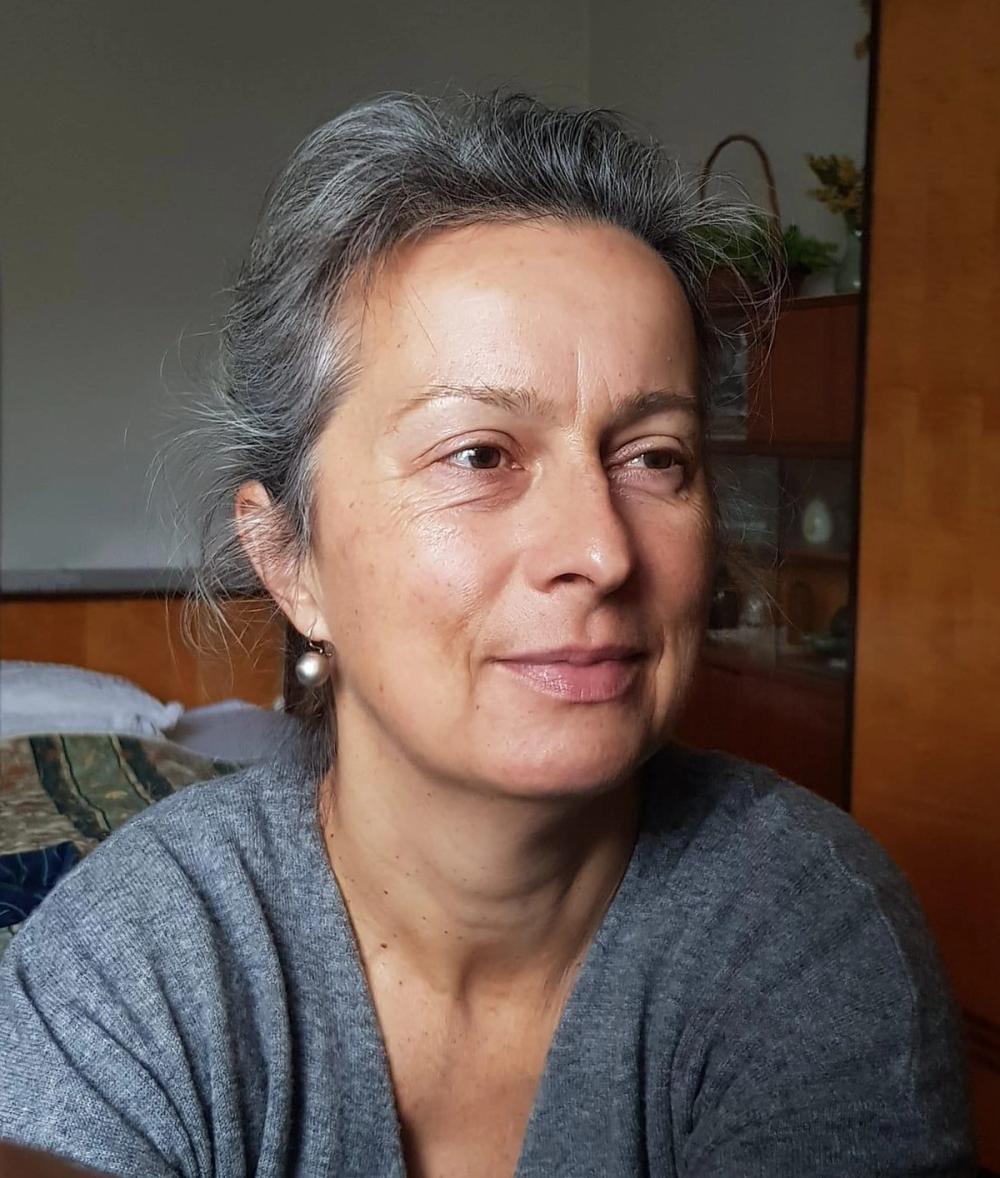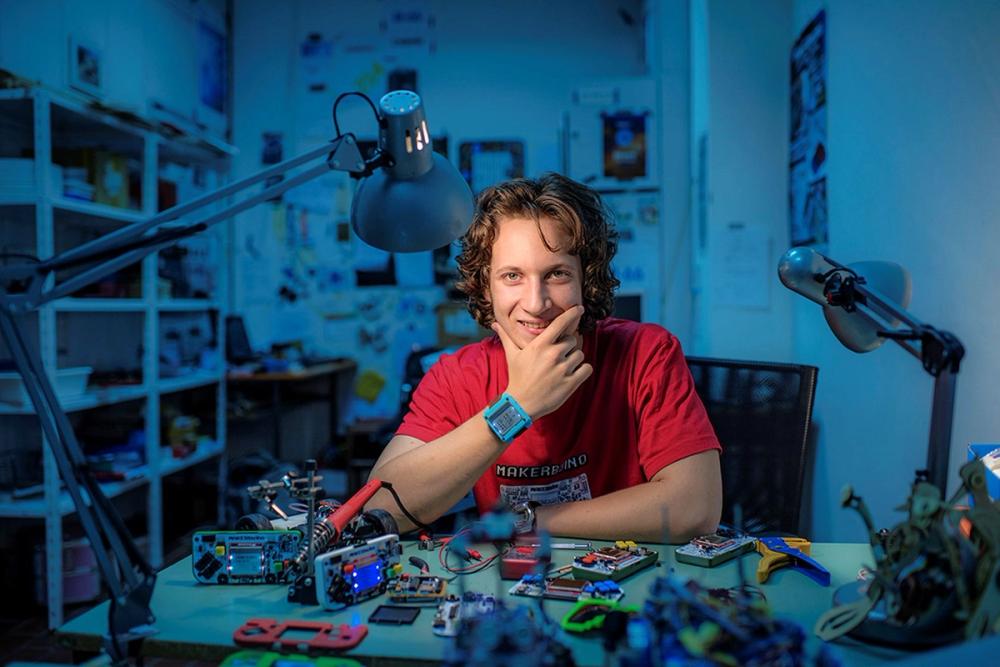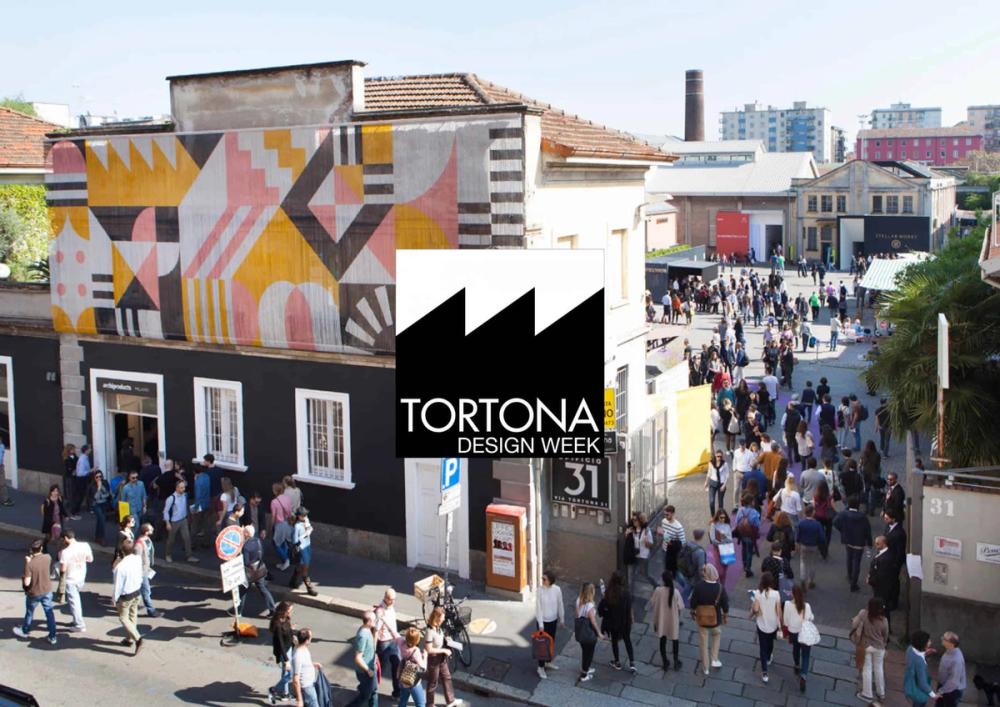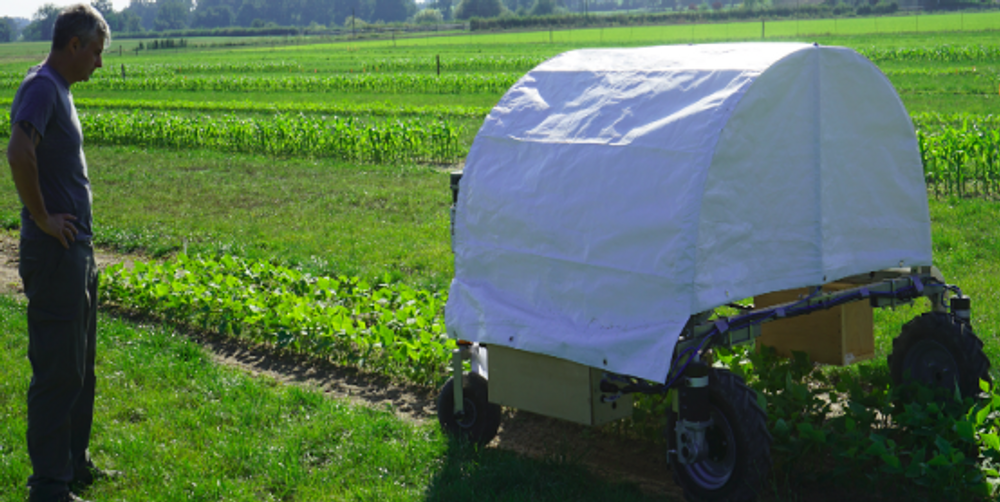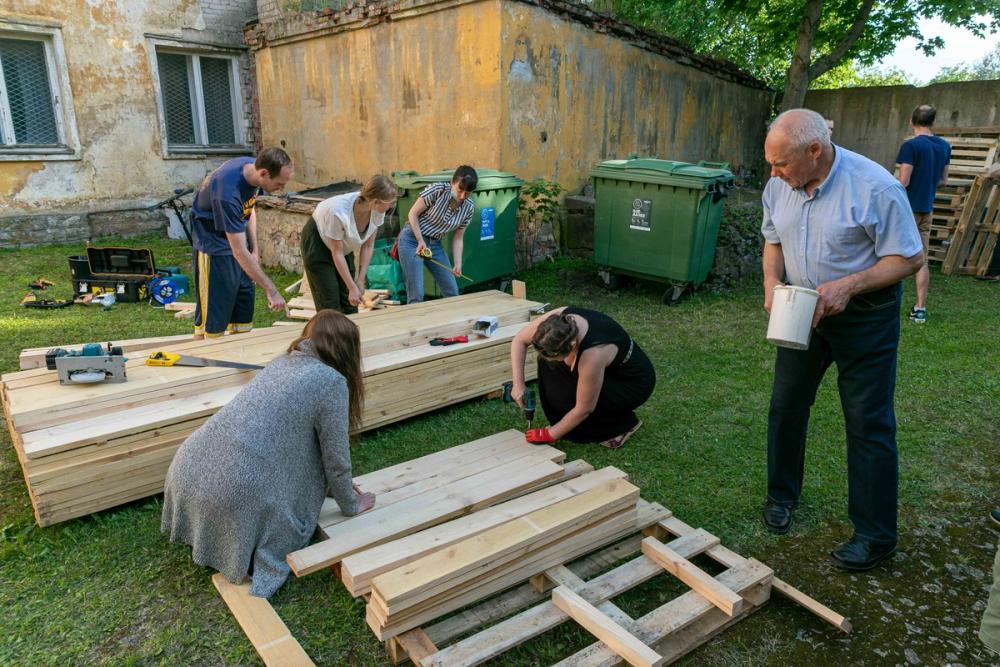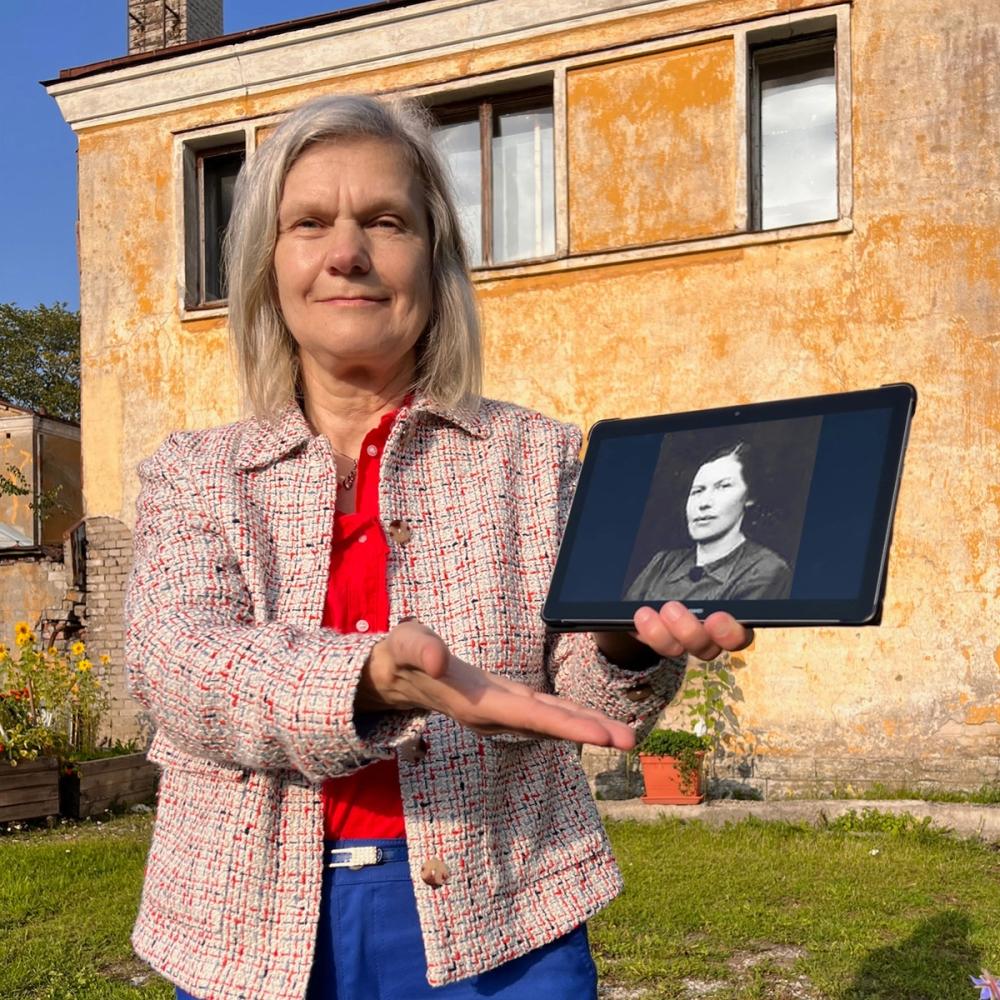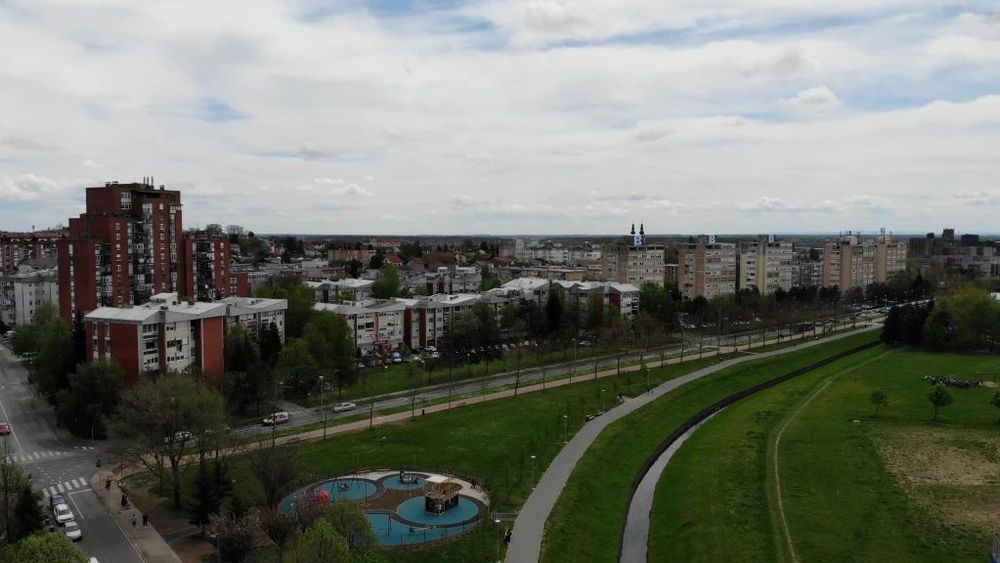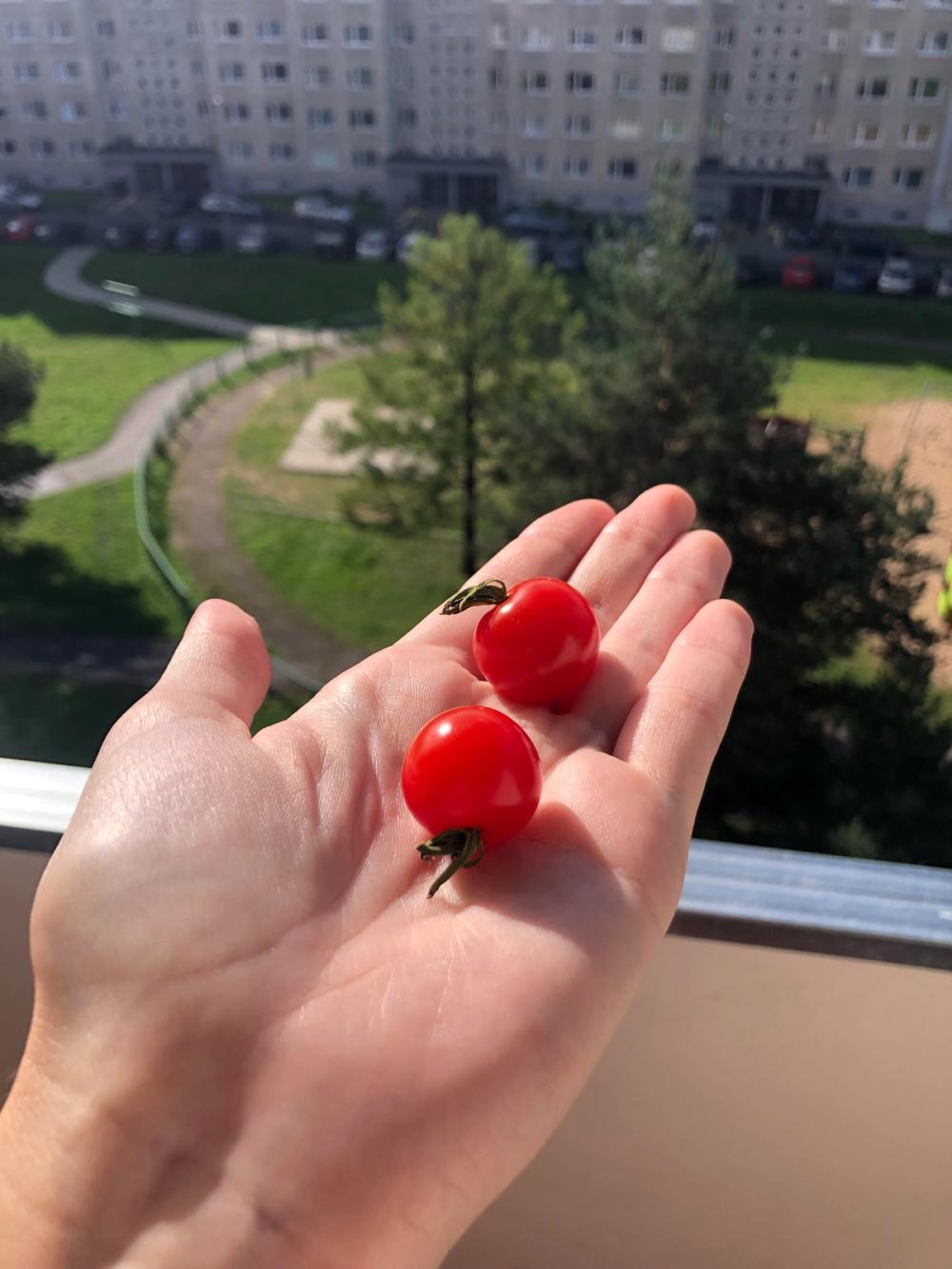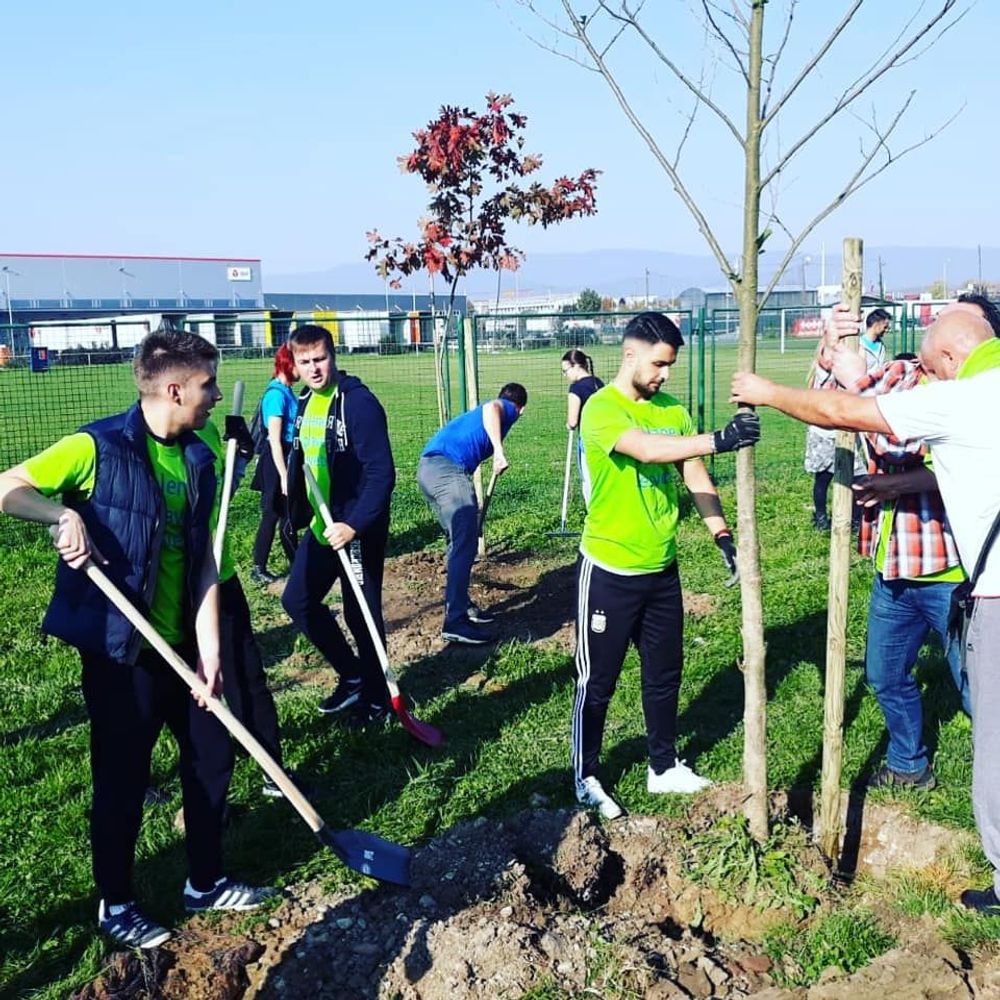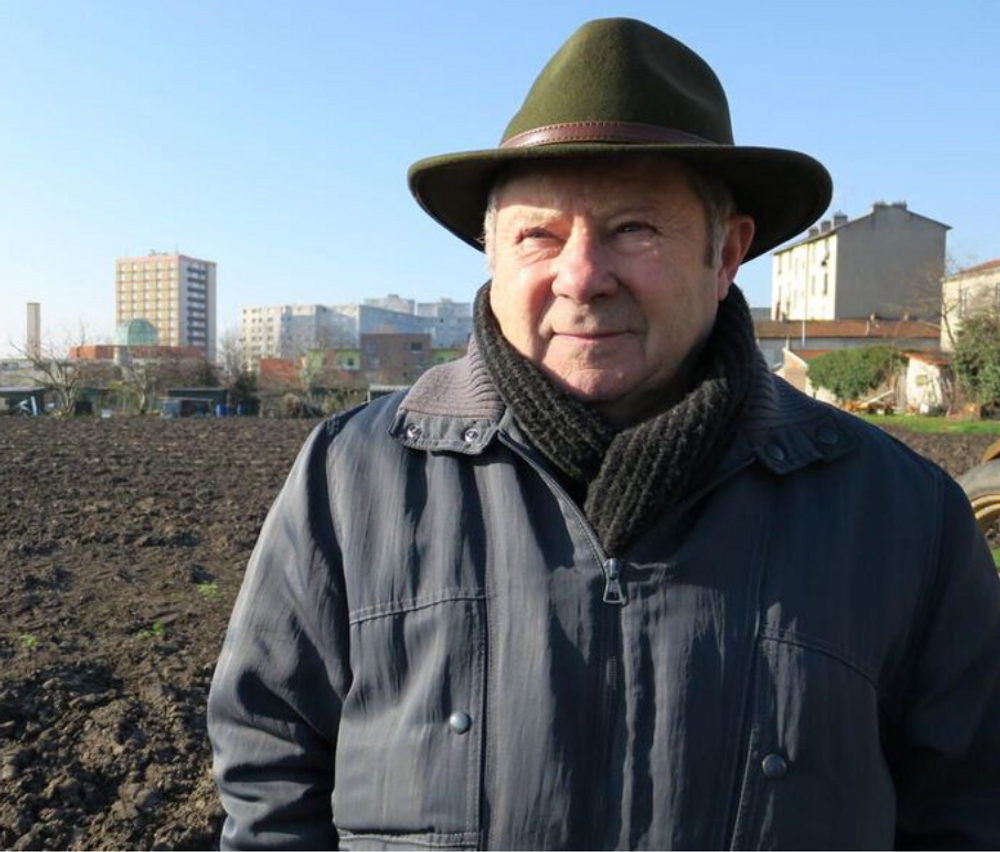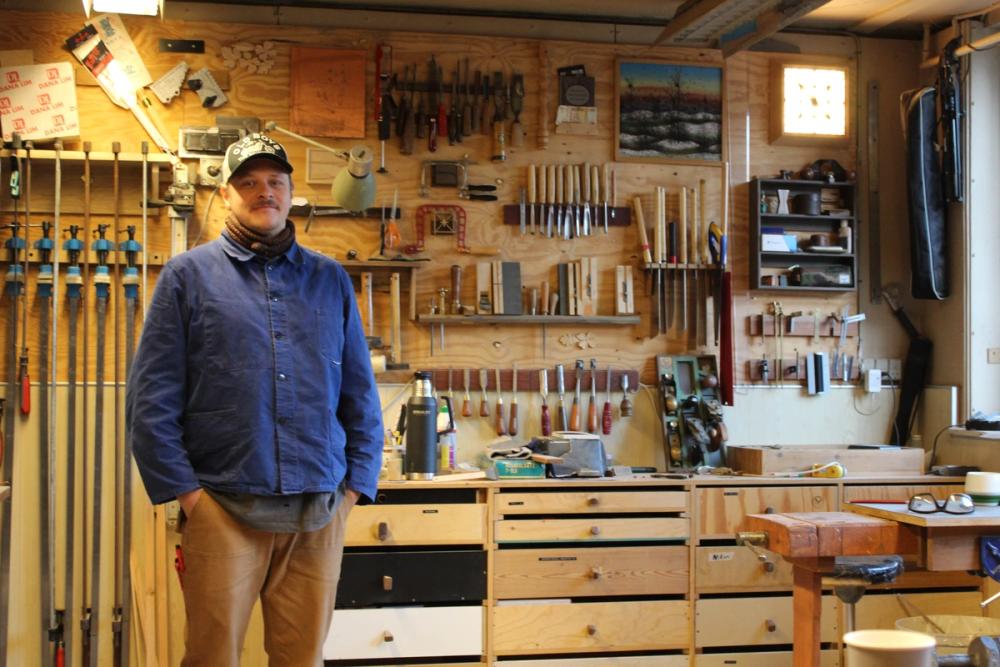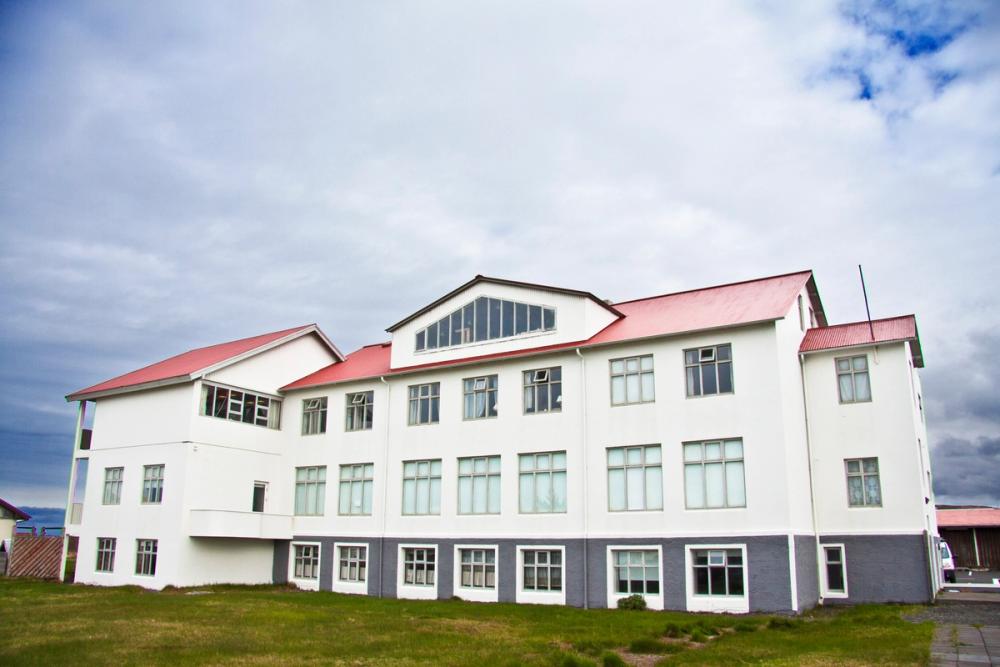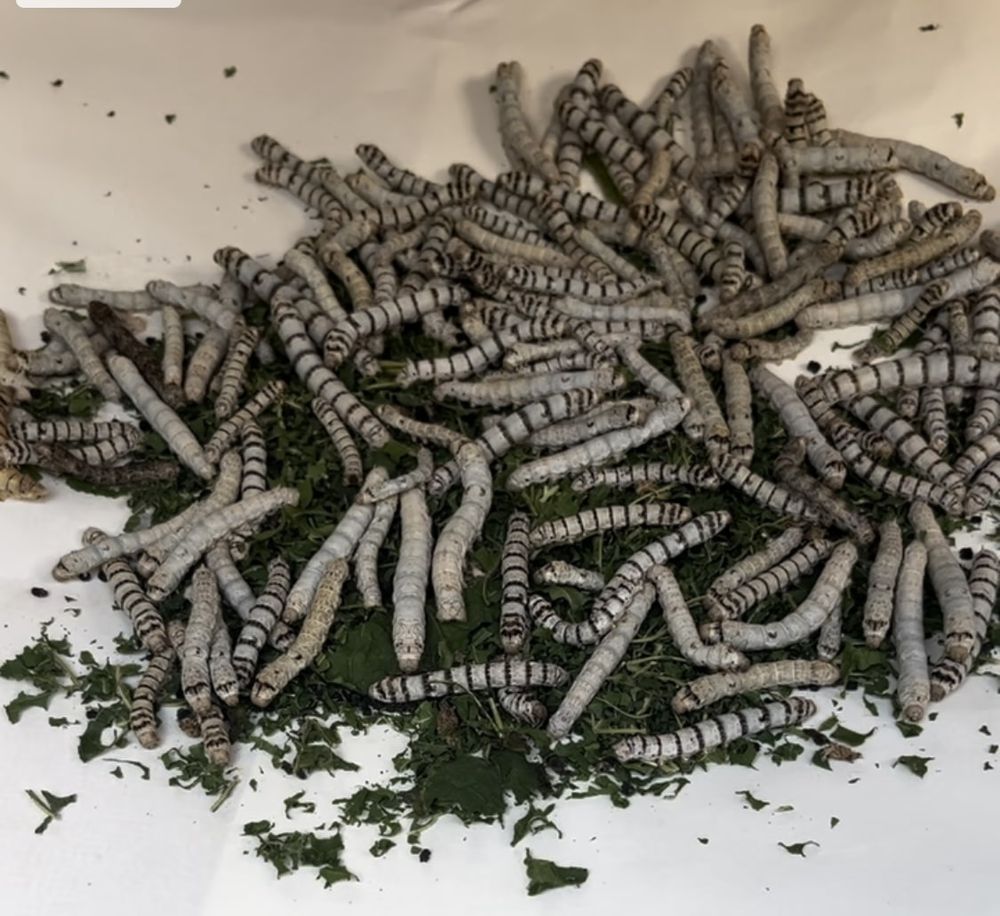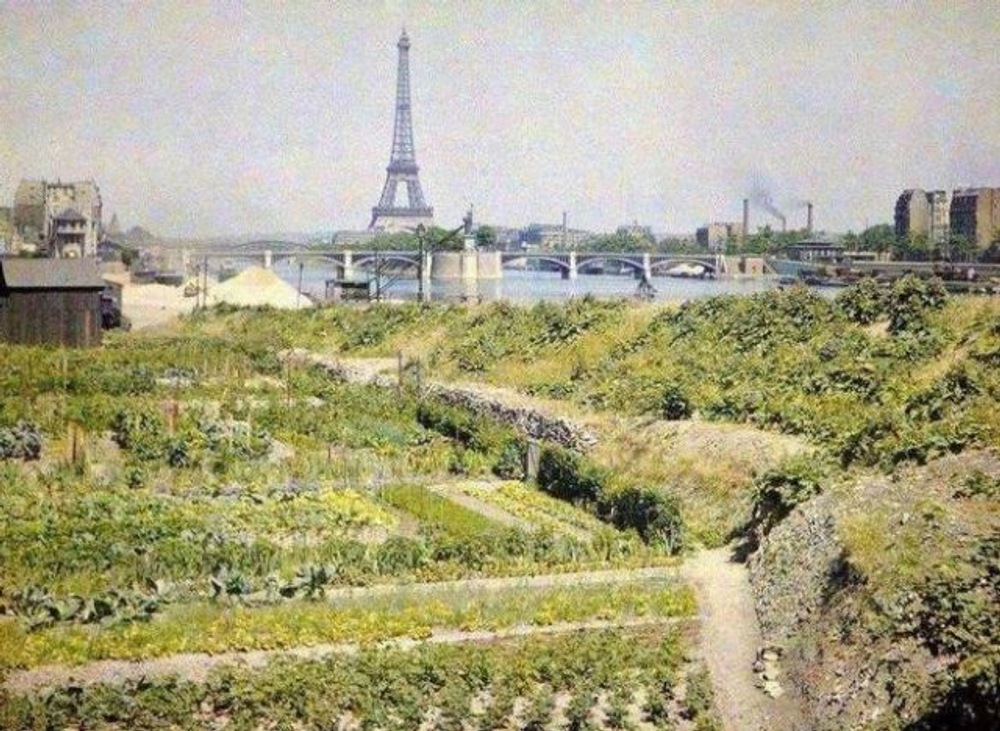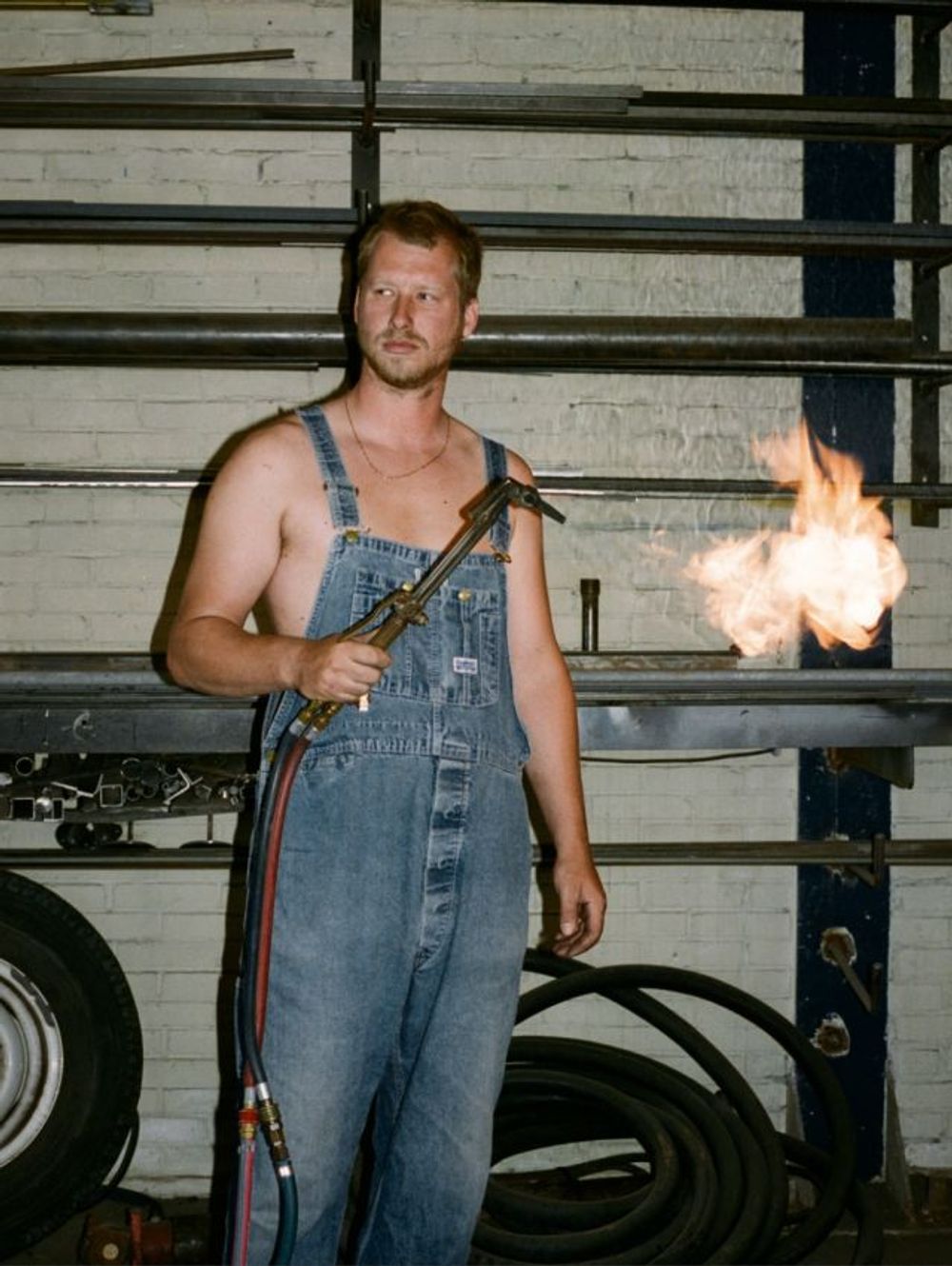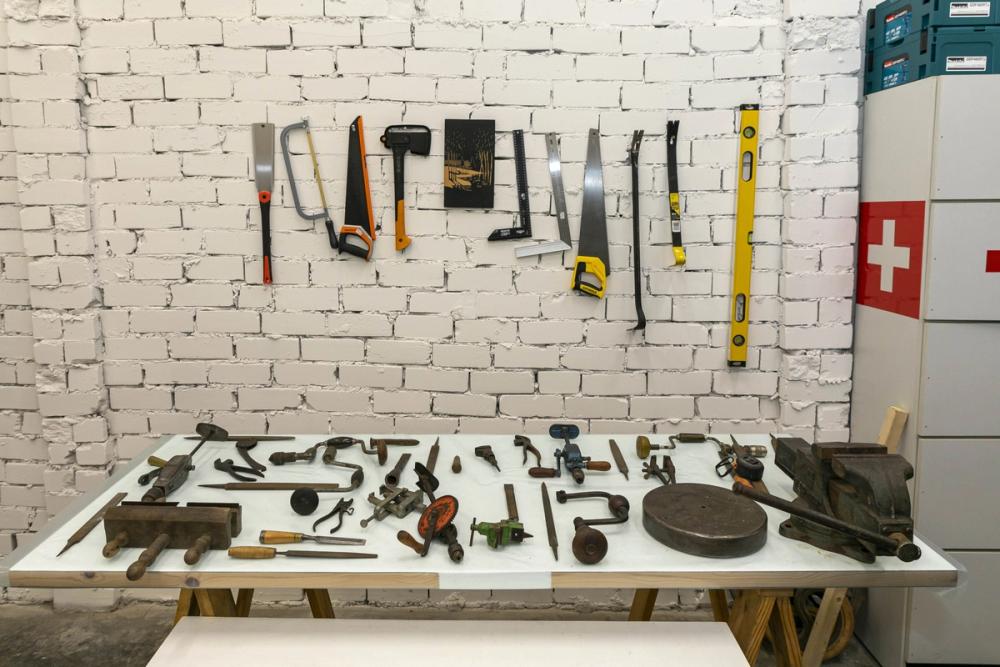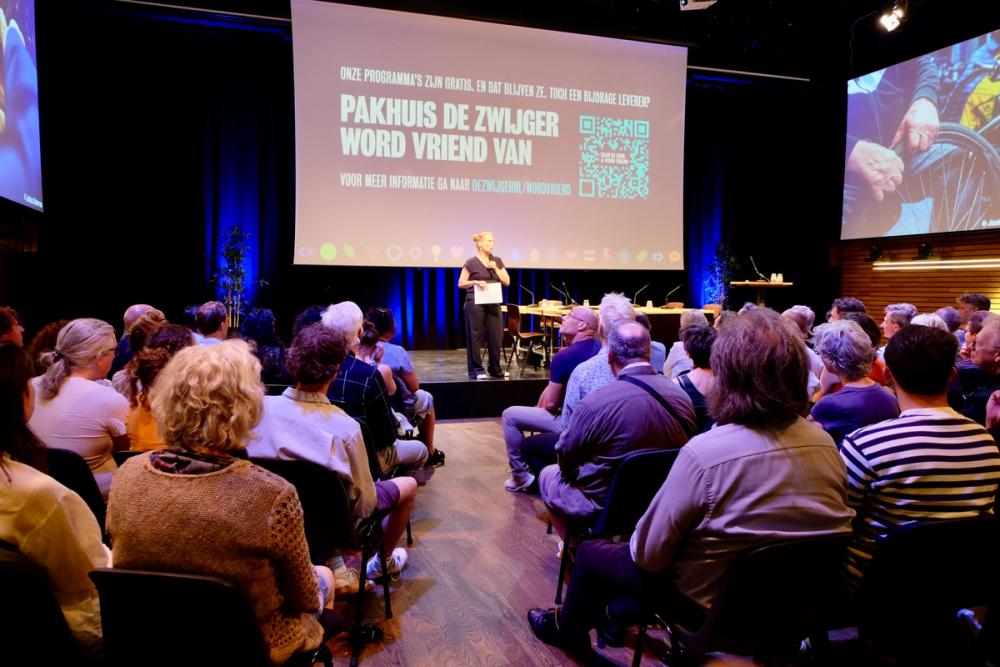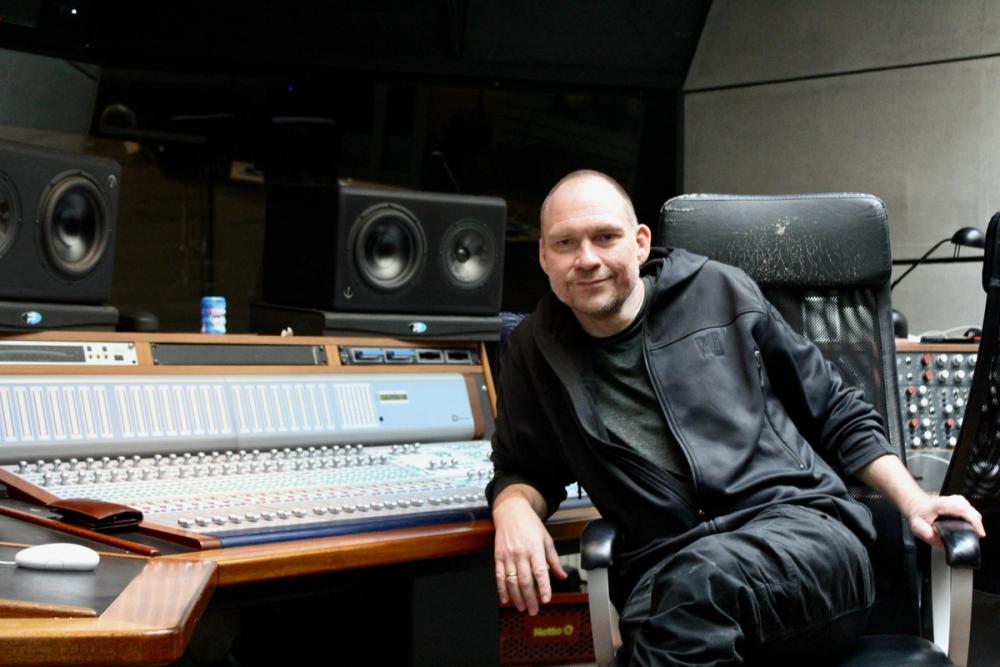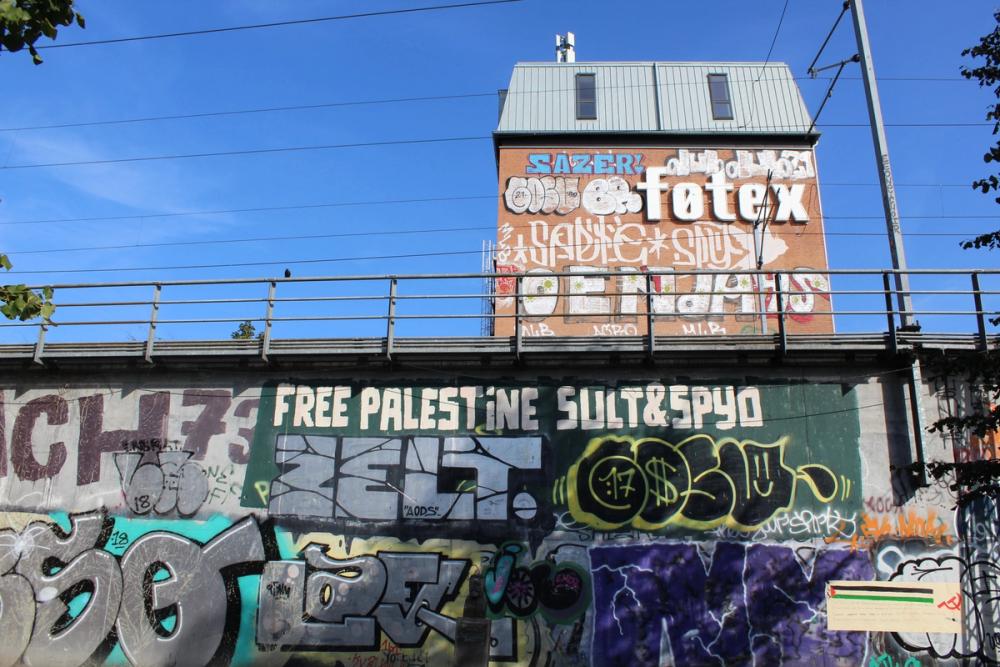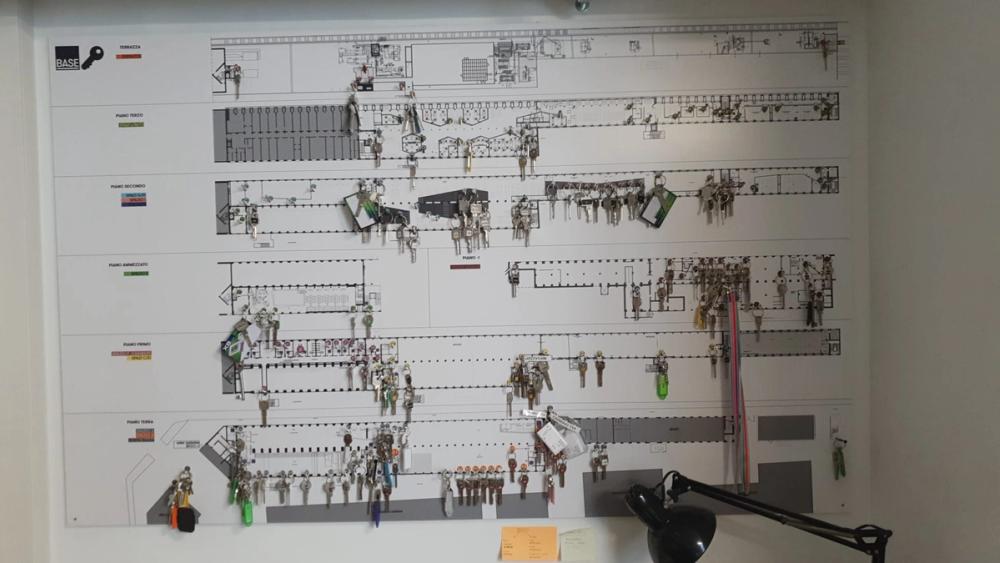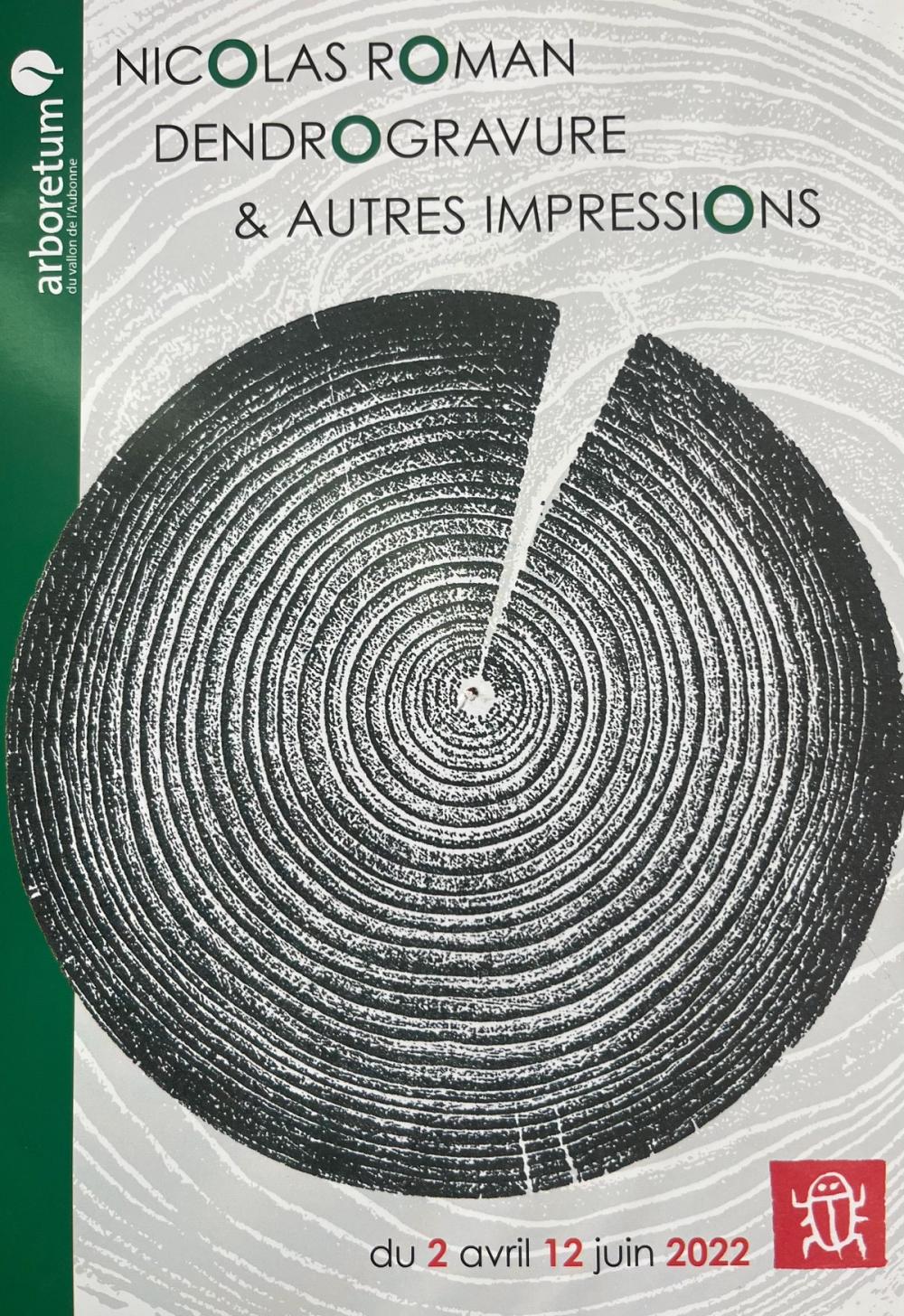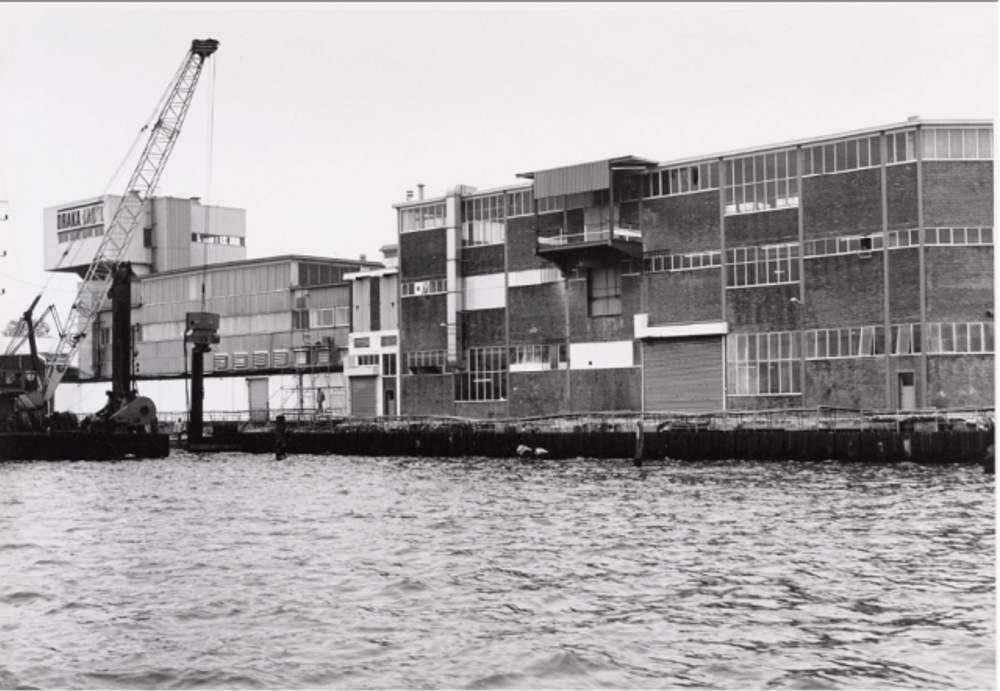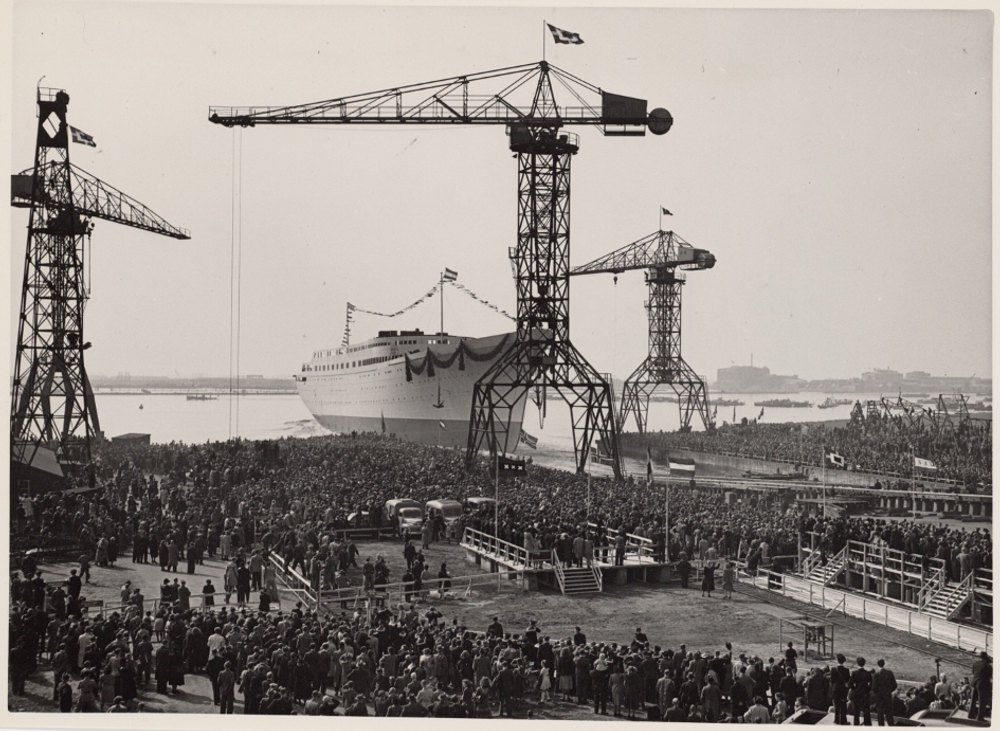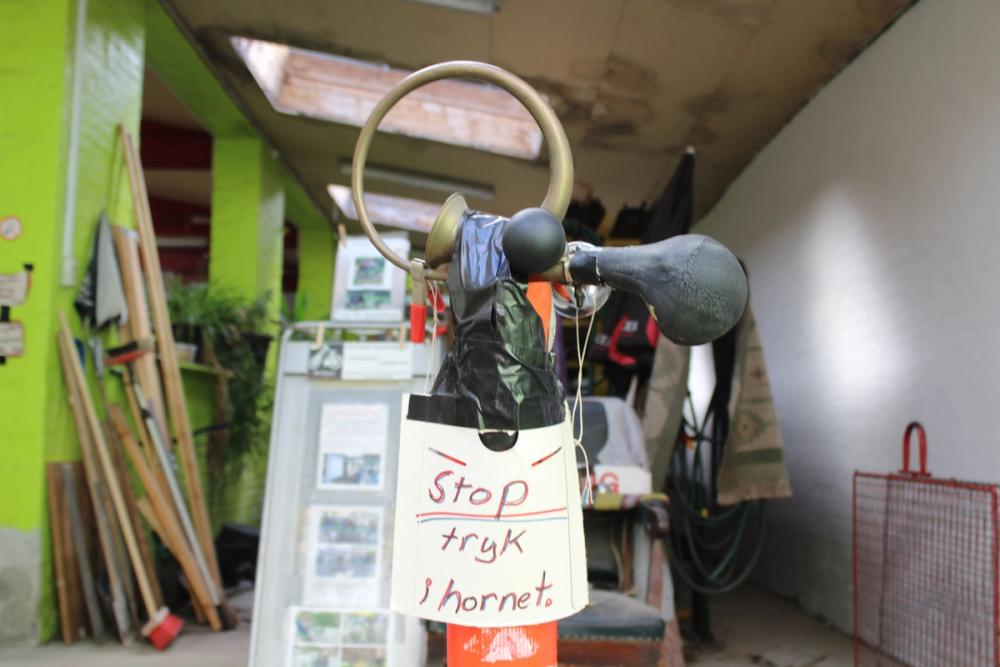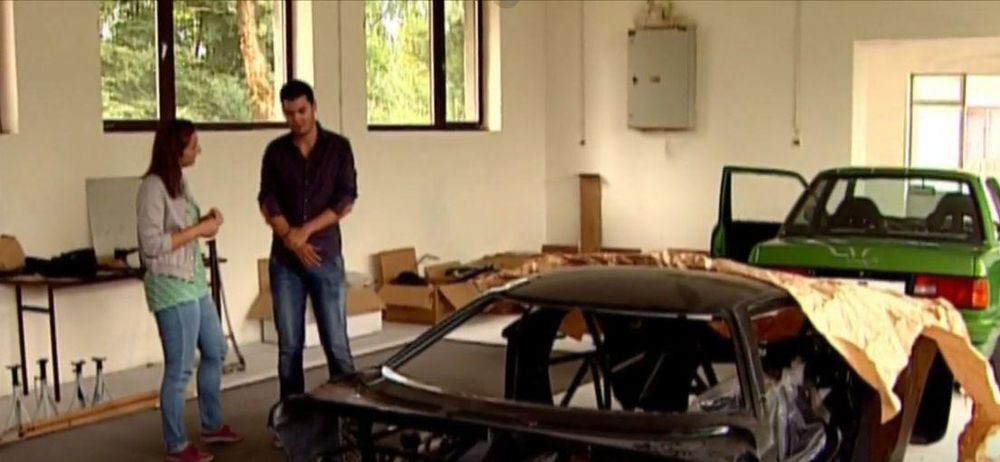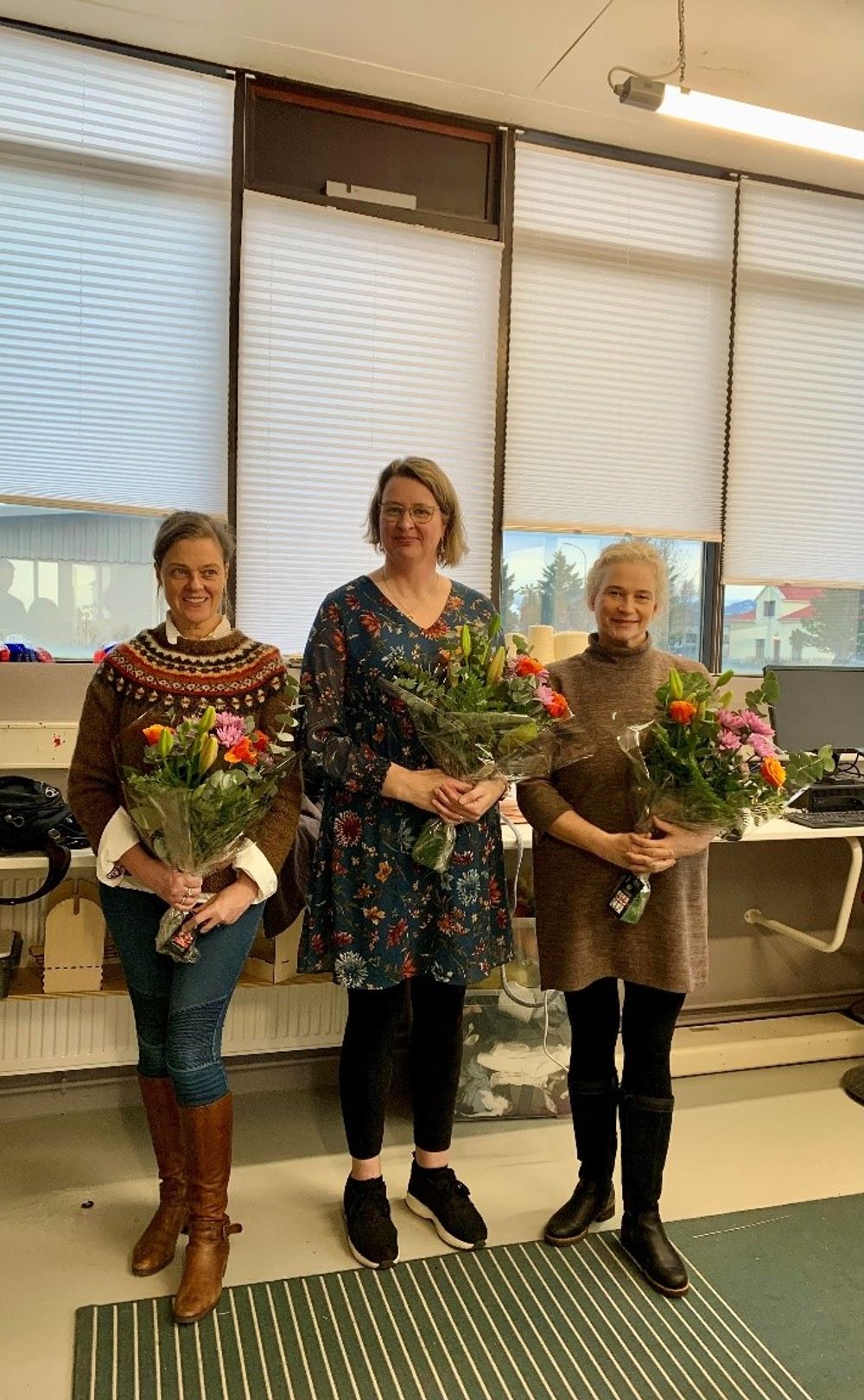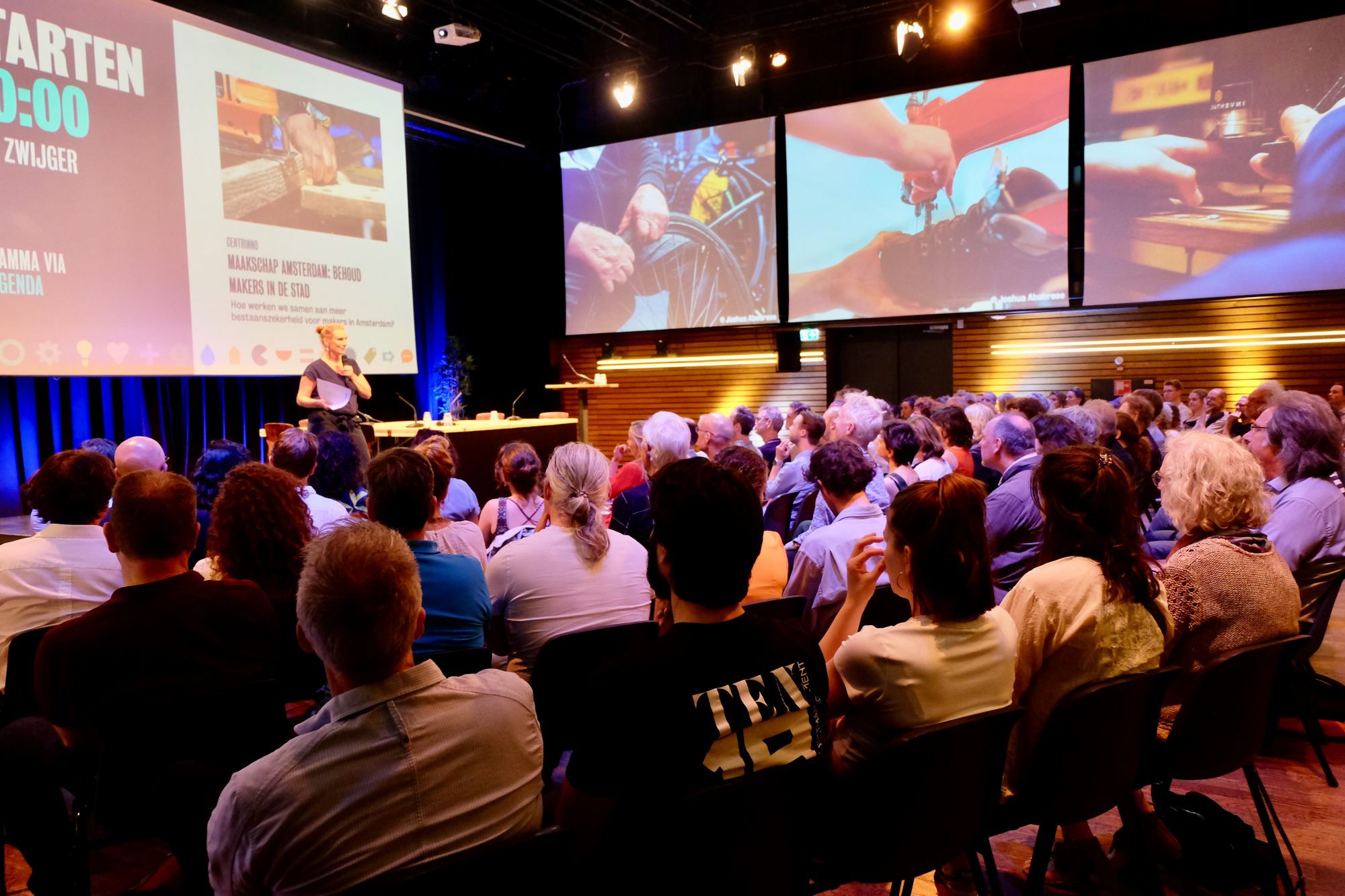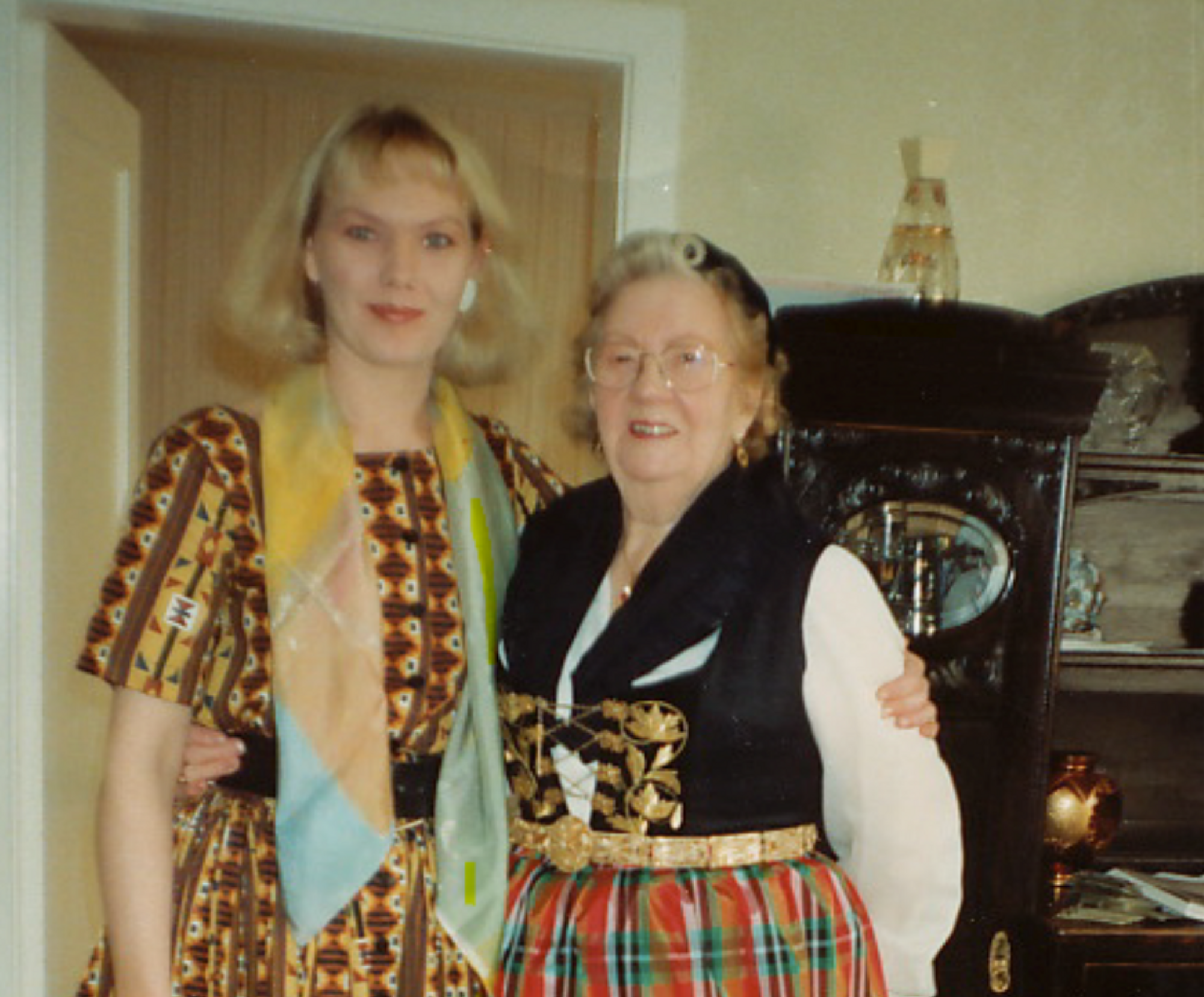During a panel at an event about makership in Amsterdam, different members of the city council of Amsterdam were talking to each other about makers in the city. The conversation was stridently interrupted by a very emotional plea from Houk van Lier. He had provided the introduction to the event but was not a featured speaker. He framed his comments as a member of the audience and not part of the event.
While he felt that the issue of space in Noord is known by politicians, he felt that they had not yet understood the issue from a maker perspective; it urgent, however, that these perspectives are acknowledged and included in conversations about this issue. Growing more passionate in his speech, Houk said that there is critical urgency to train young people in makership as the maker population is growing older and craftsmanship is not that popular with young people. If this continues on, there will be no one to fix our houses in ten years. Houk also mentioned that there is no space for new makers. For years, he has seen that they have to move from one temporary place to another. After receiving an applause from the audience, the moderator asked Houk what he needed. In response, Houk explained that people need to see the bigger picture, acknowledging that they might not yet know how making works but ask question to have a better understanding of the maker community. He said that the talks during the event were mostly centred about real estate and money but highlighted that making is also a social development. Doing “handycraft” at schools isn’t just creating something fun with your hands, but a way in which children learn to ask questions, work together and start a project even if they are unsure how to complete it. Every Friday, Houk hosts an open workspace at his workshop and invited the politicians to come by and have a look and listen.
Houk’s comment on making in Amsterdam were part of an event at Pakhuis de Zwijger on 13 June 2023, which focused on retaining makers in the city. The event featured speeches and a panel with developers, local politicians, researchers and makers. Additionally, Maakschap Amsterdam was launched. Maakschap Amsterdam is an alliance started by Hout- en Meubeleringscollege (HMC), Pakhuis de Zwijger and Waag Futurelab, where makers can unite themselves and connect with other makers, share knowledge, and lobby together for better maker policies in Amsterdam.
what the archive is about
The Living Archive explores the potential of (post)industrial heritage to transform production in our cities. We collect stories with participatory heritage methods. The nodes for the local collection efforts are Fab City Hubs (FCH). The collection has been carefully assembled by FCH teams who have been learning about, co-creating and applying participatory heritage-making approaches, emotion networking methodology, oral history principles and creative perspective-taking. Select tags and categories to filter stories in the archive below. Explore their connections in the network graph.

